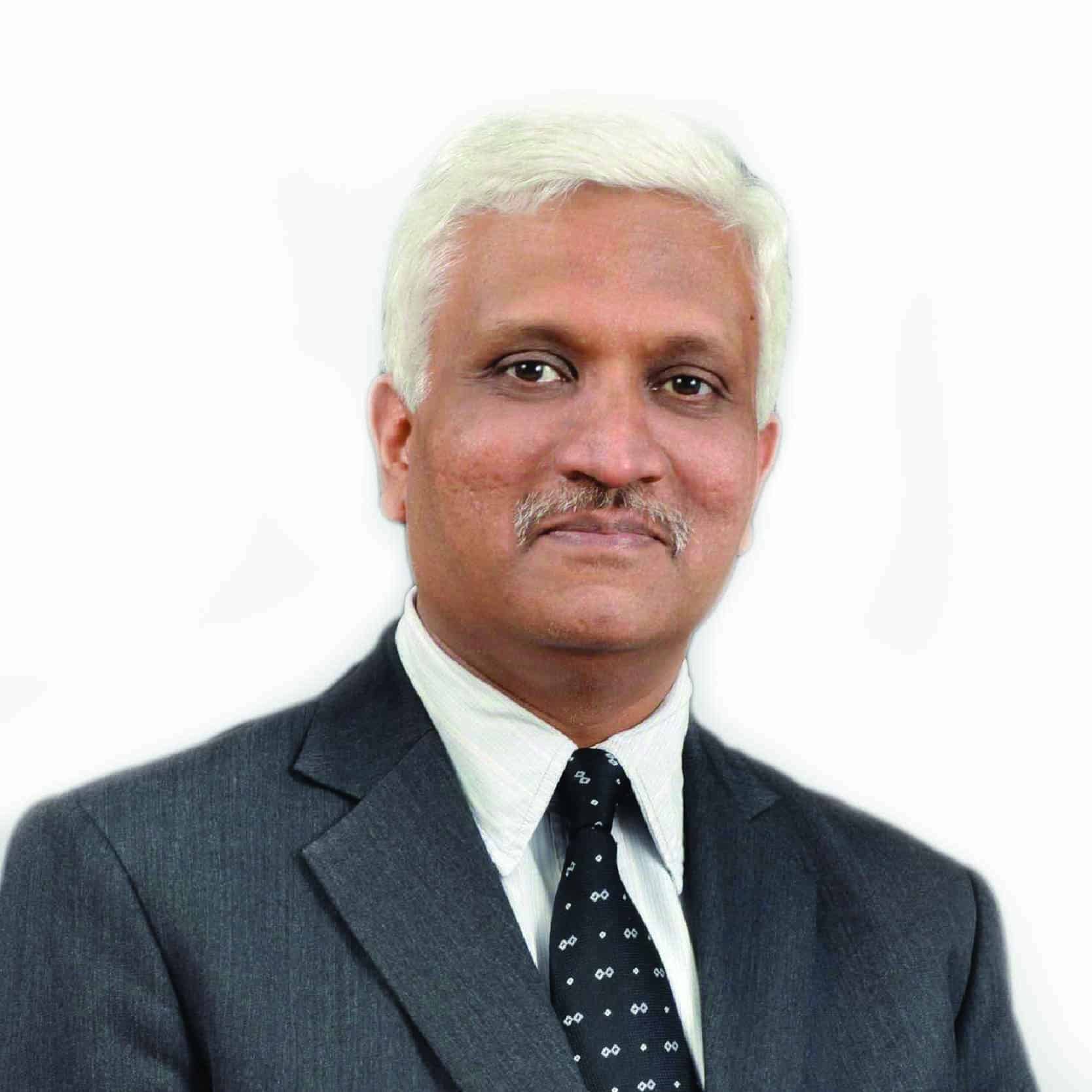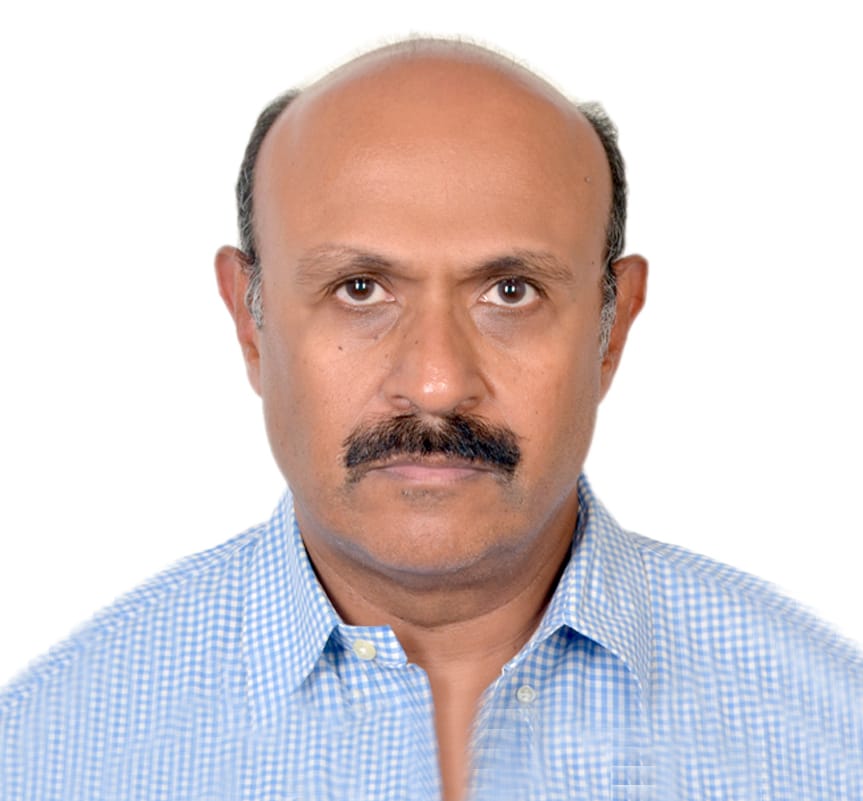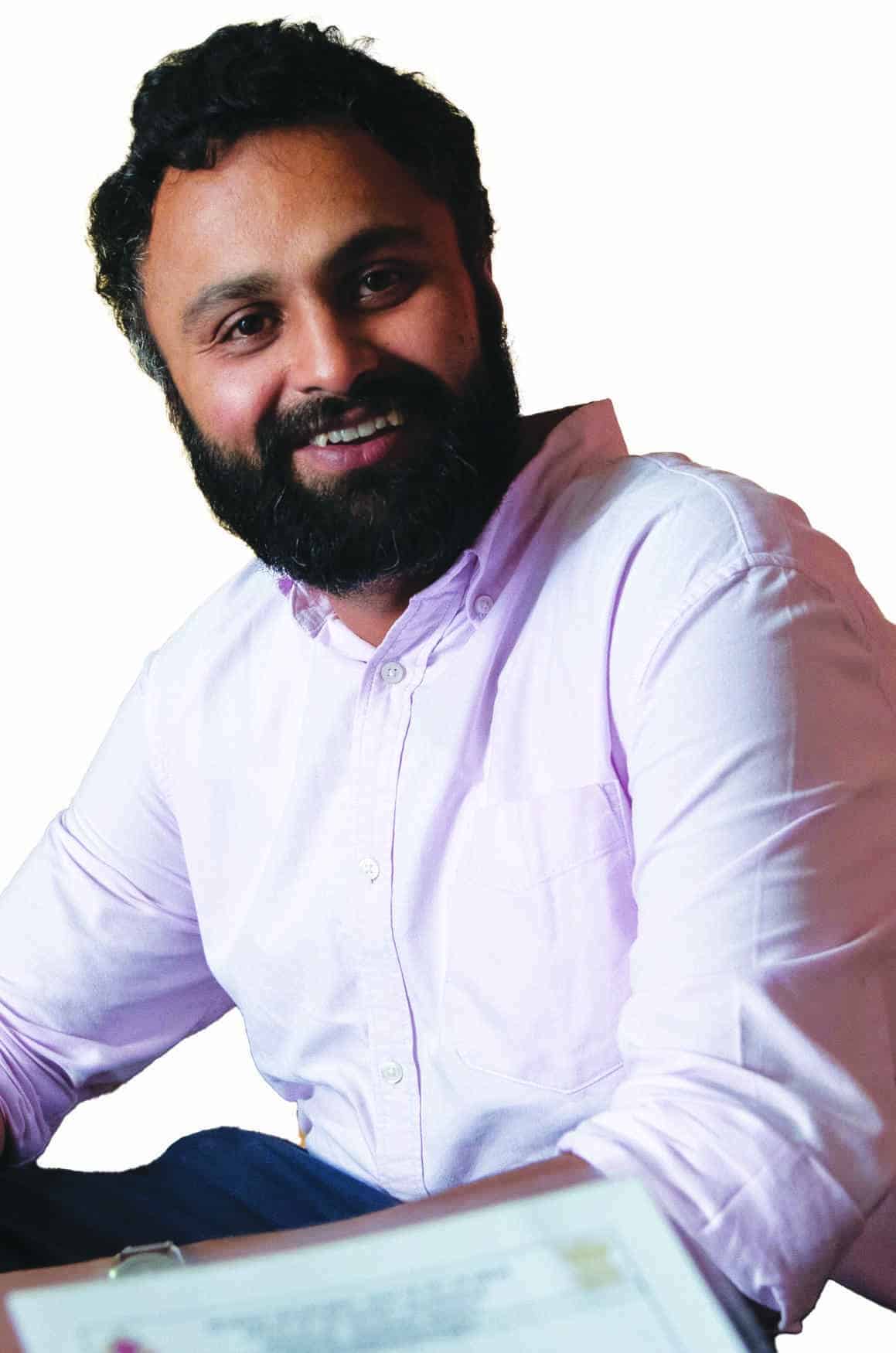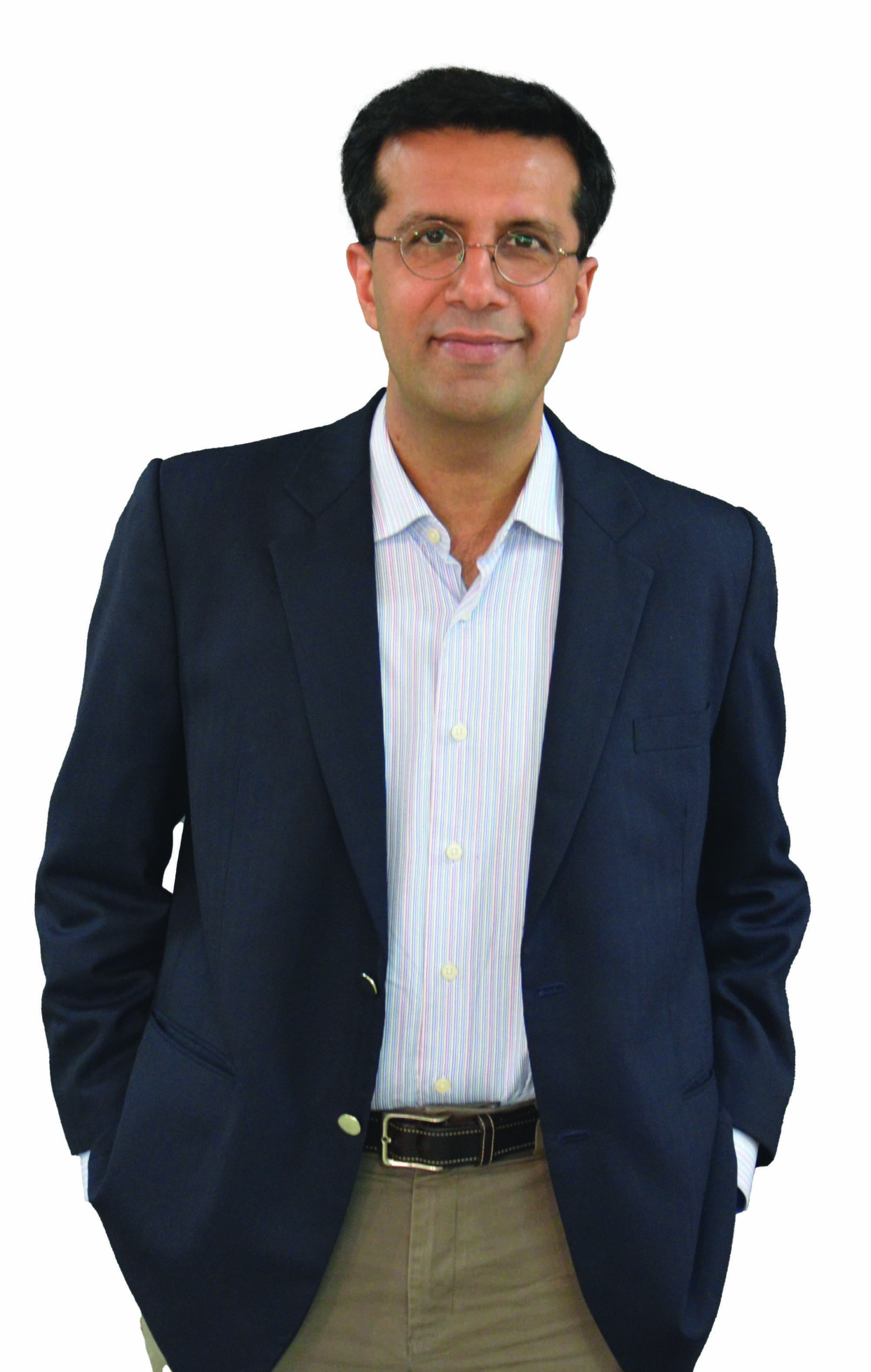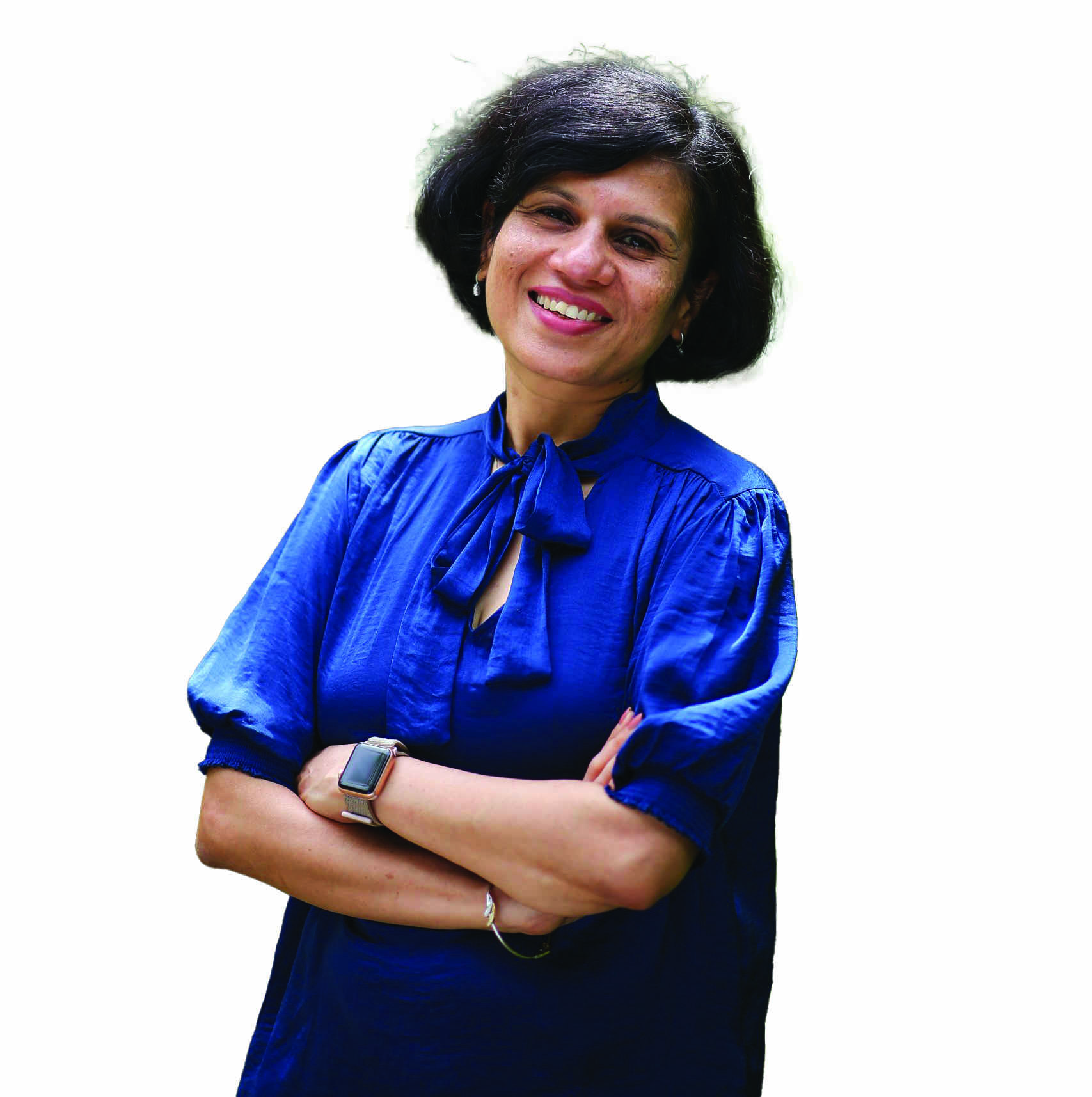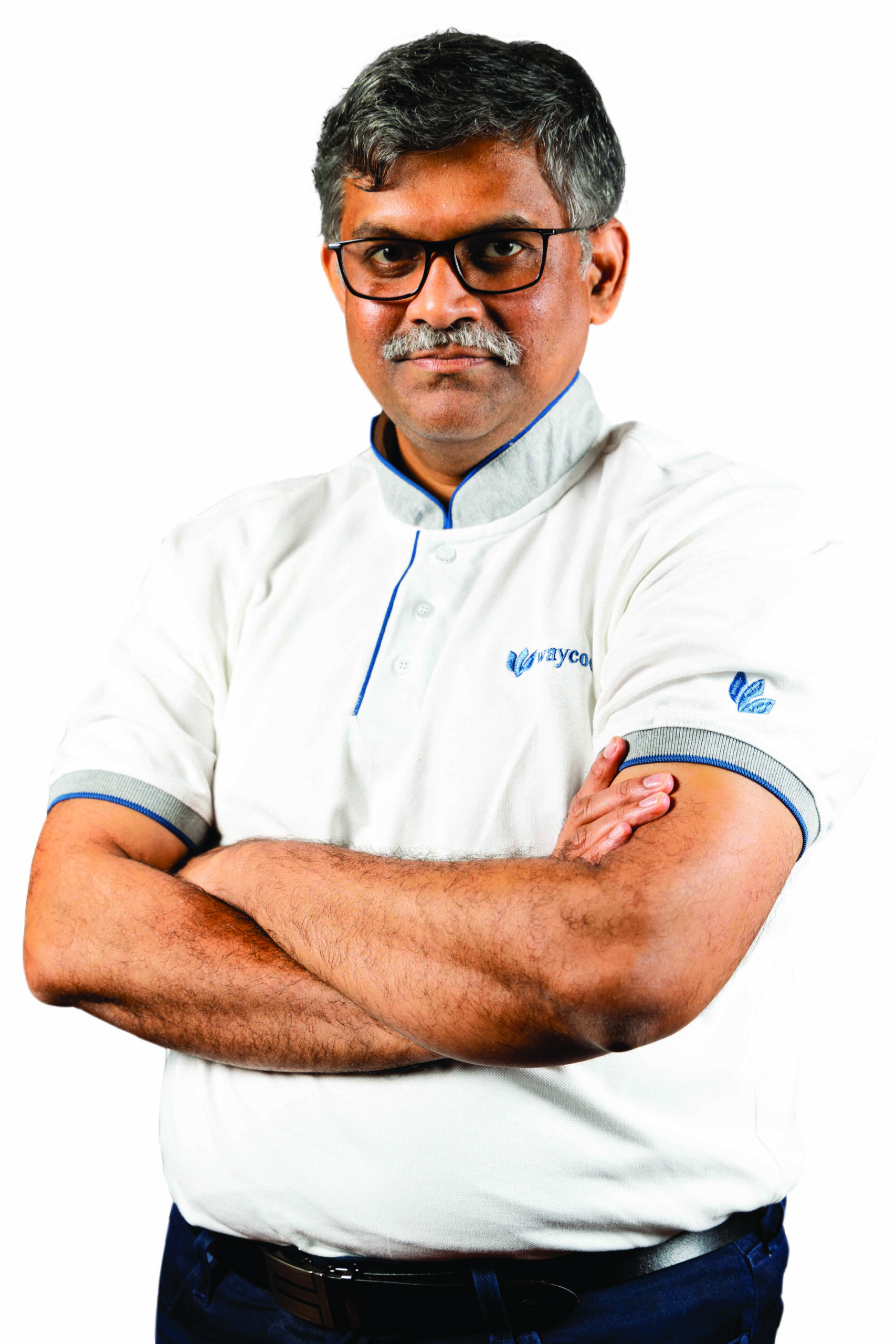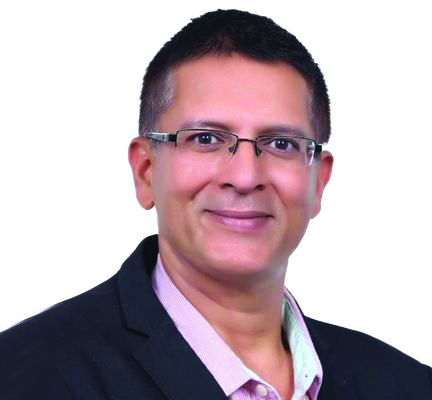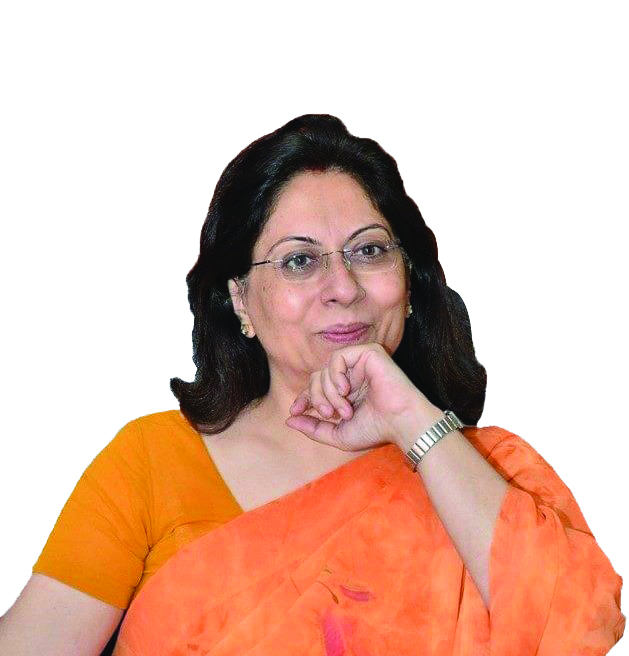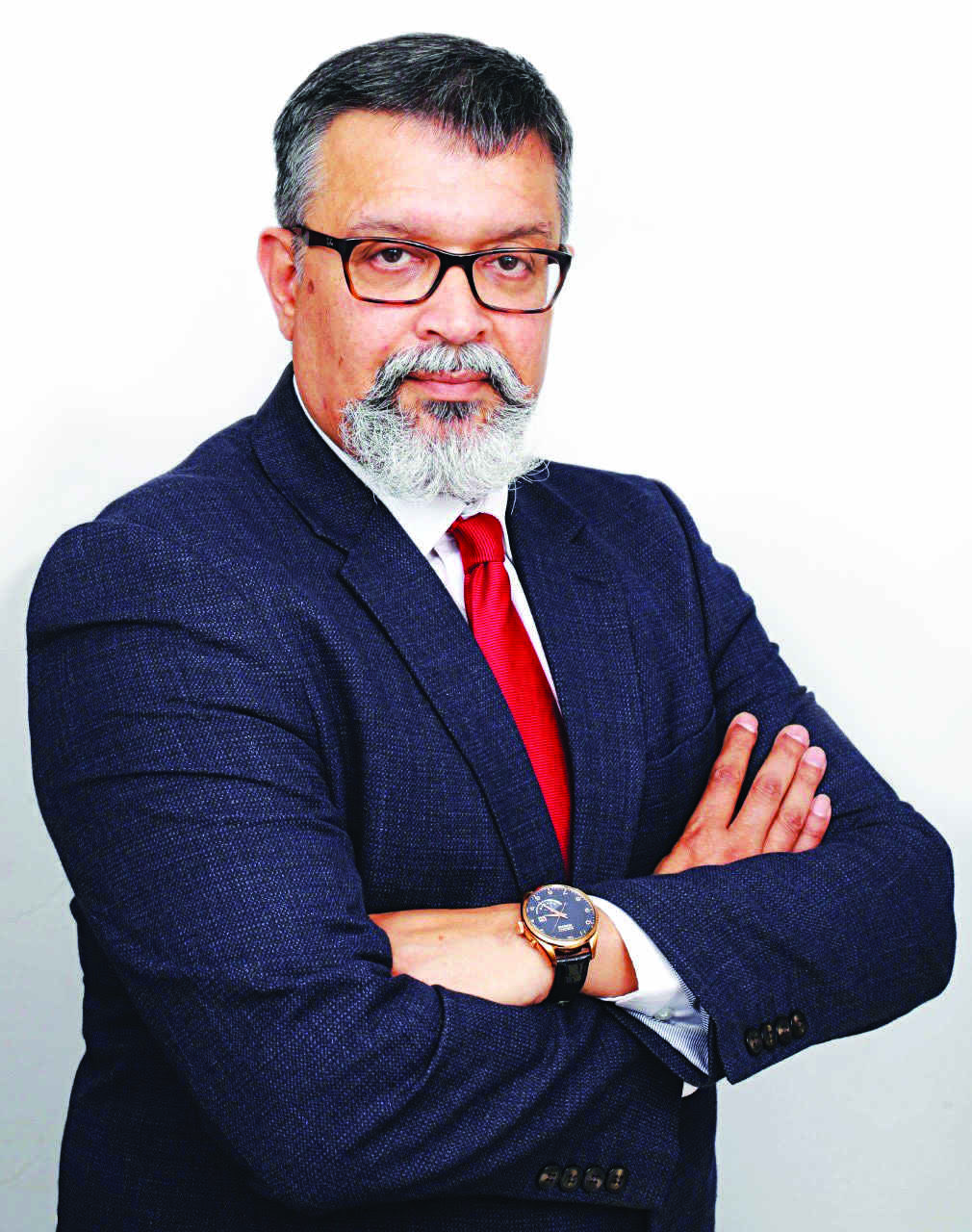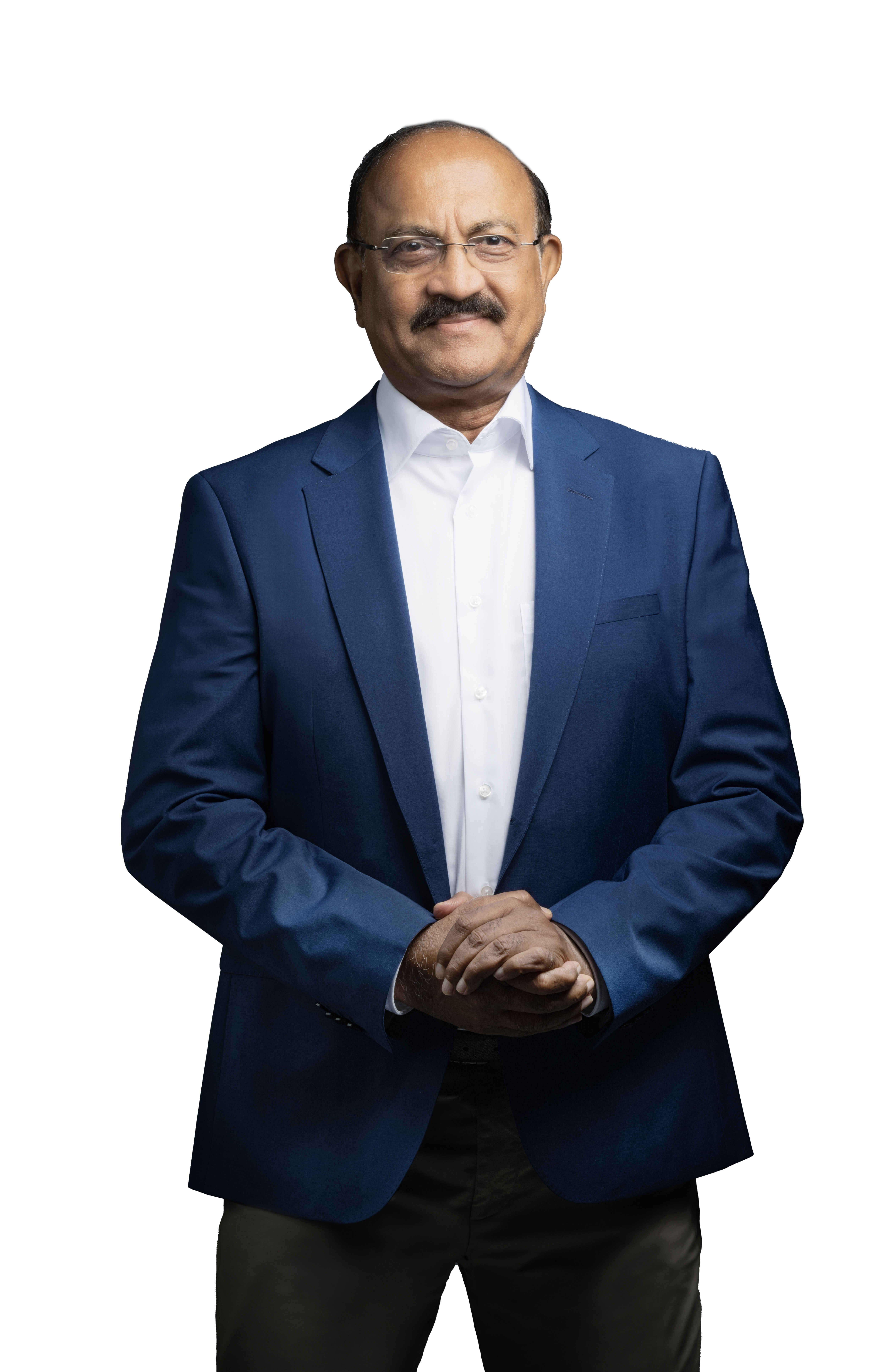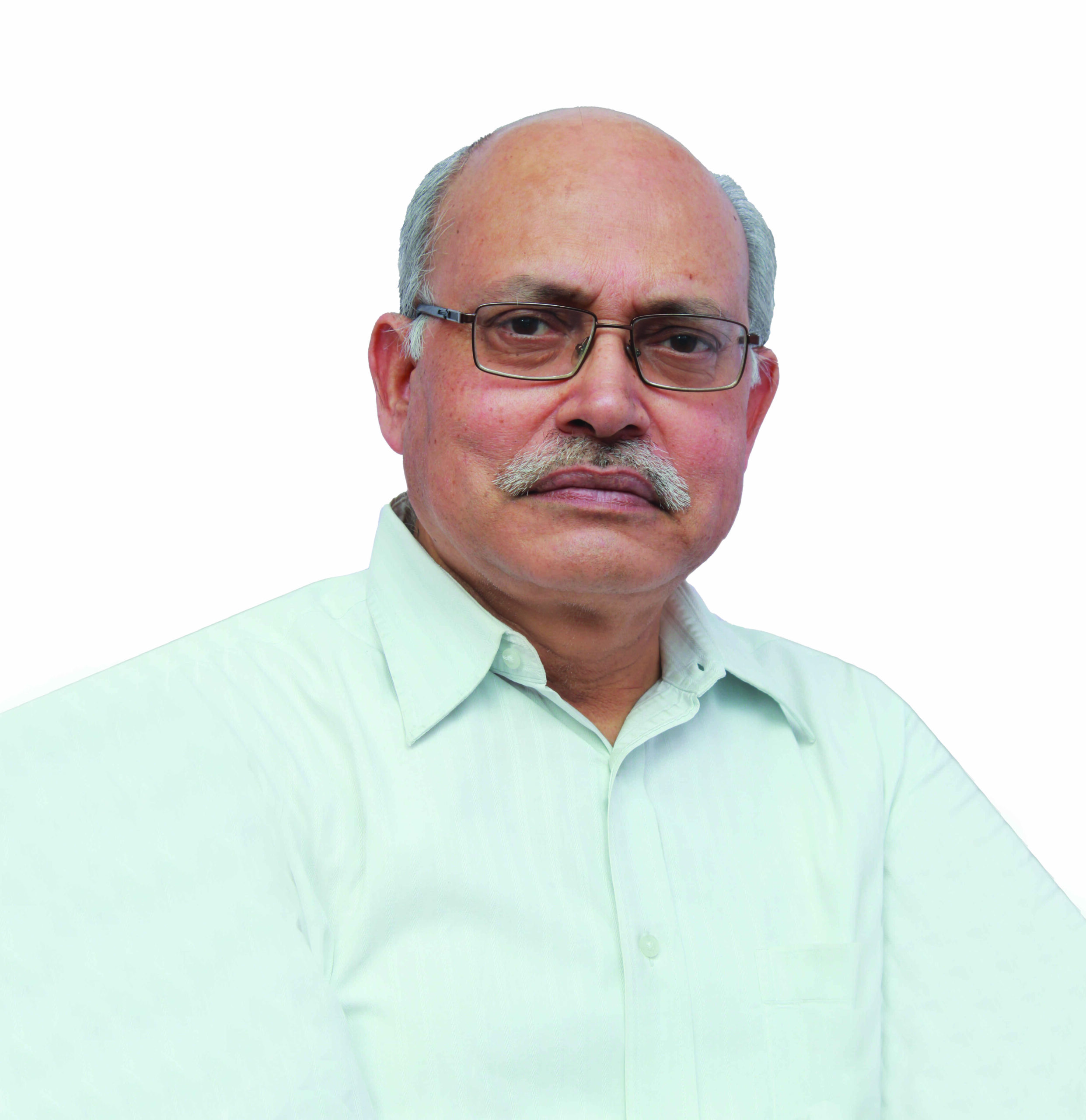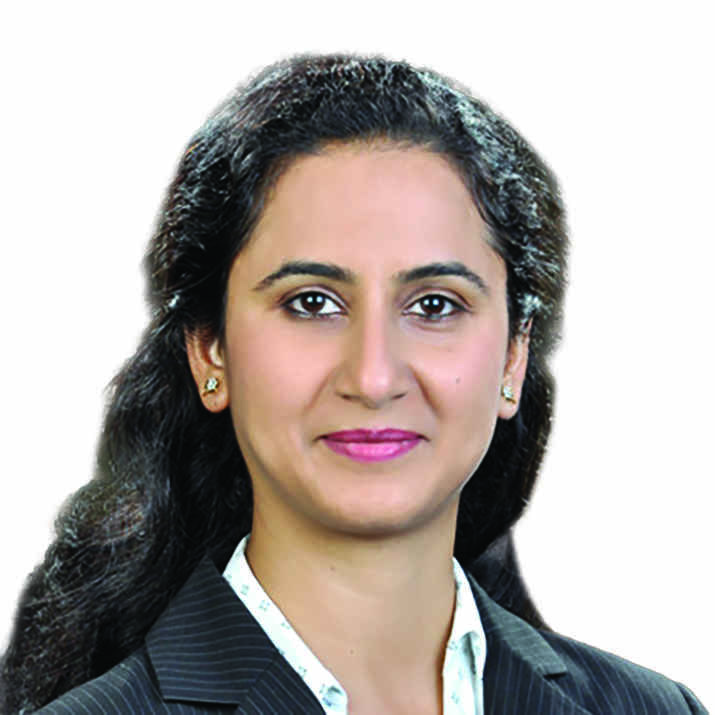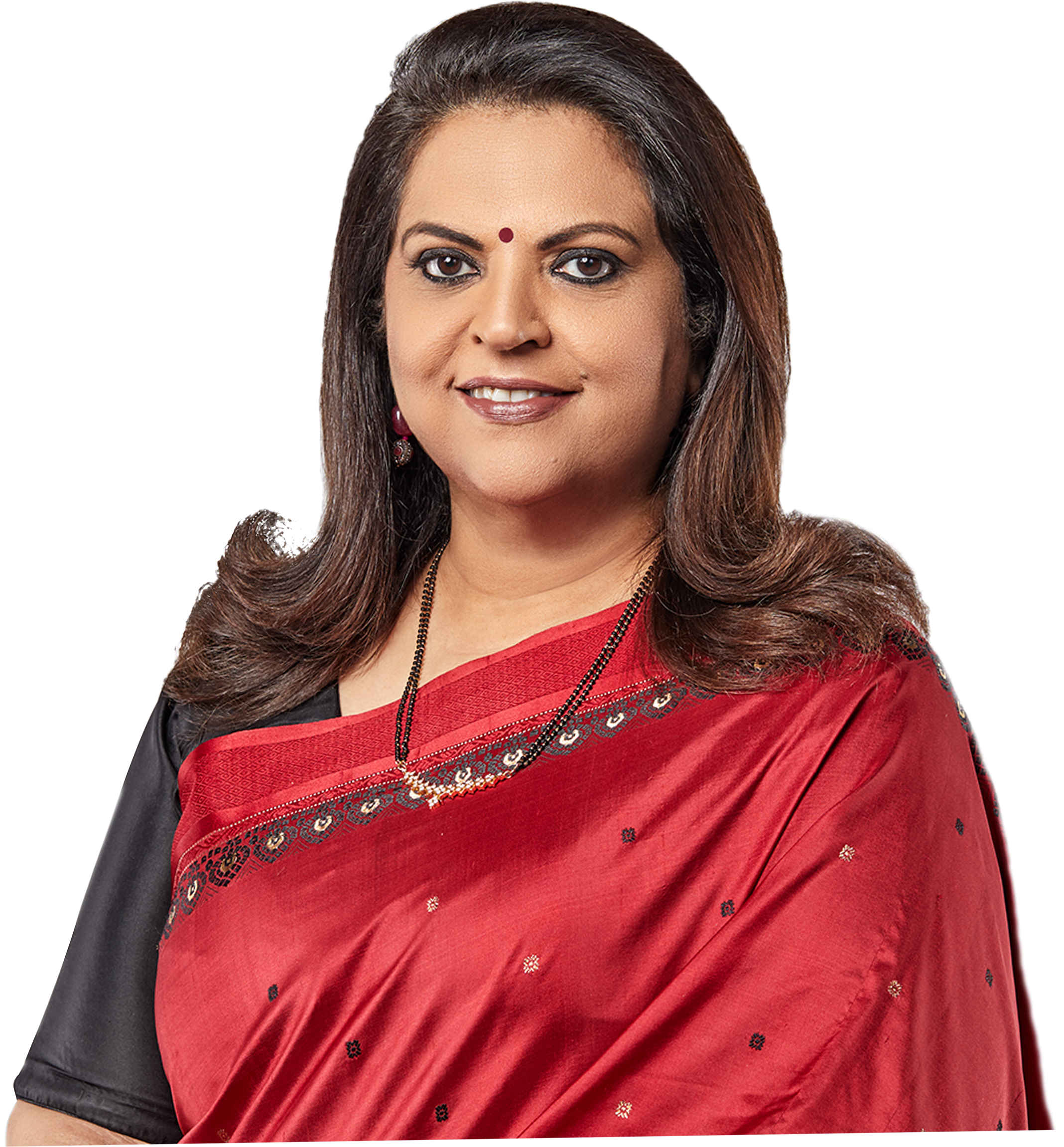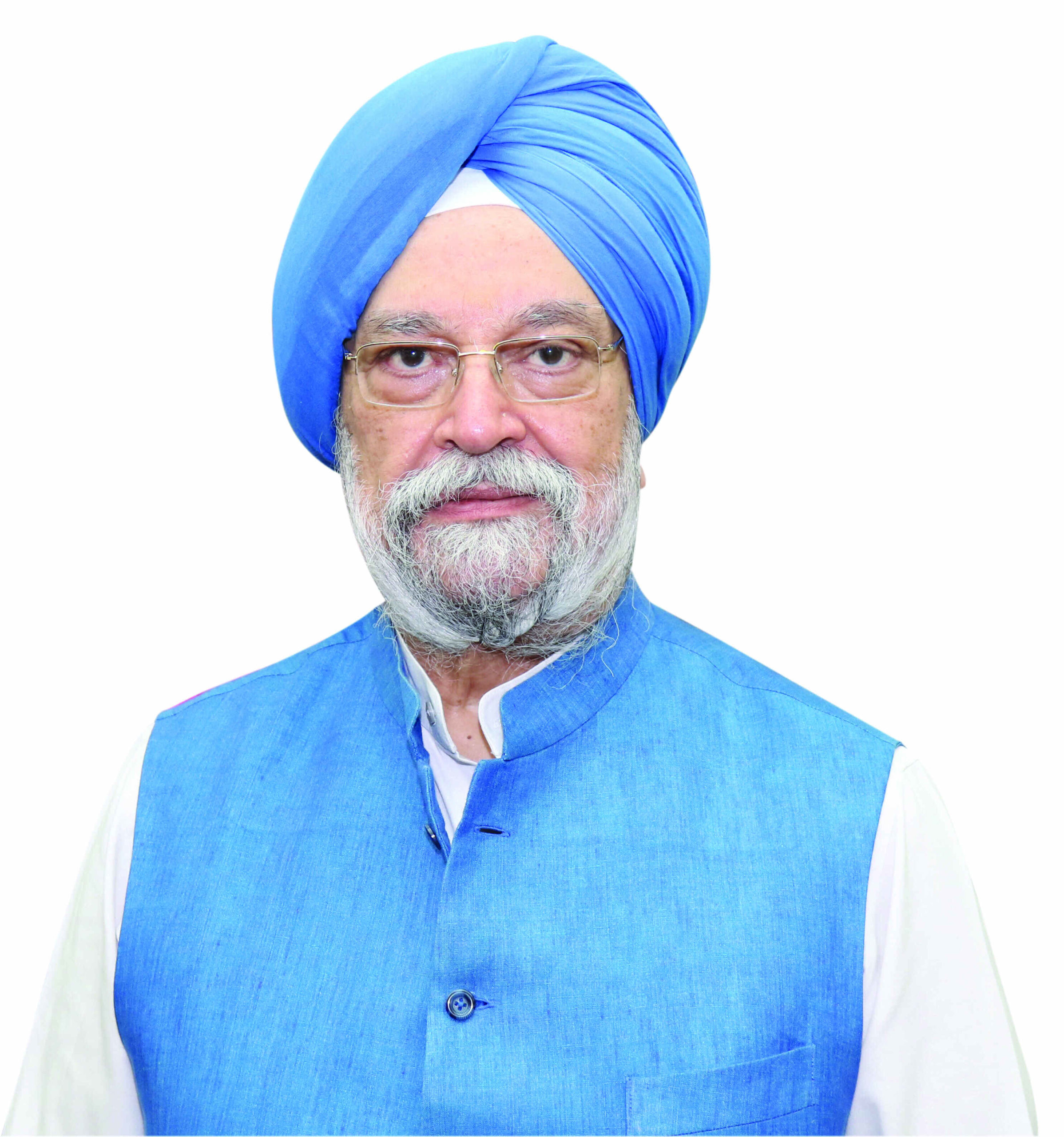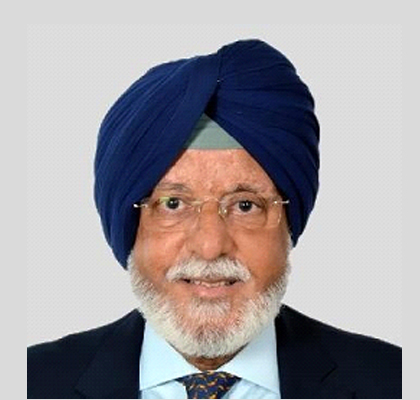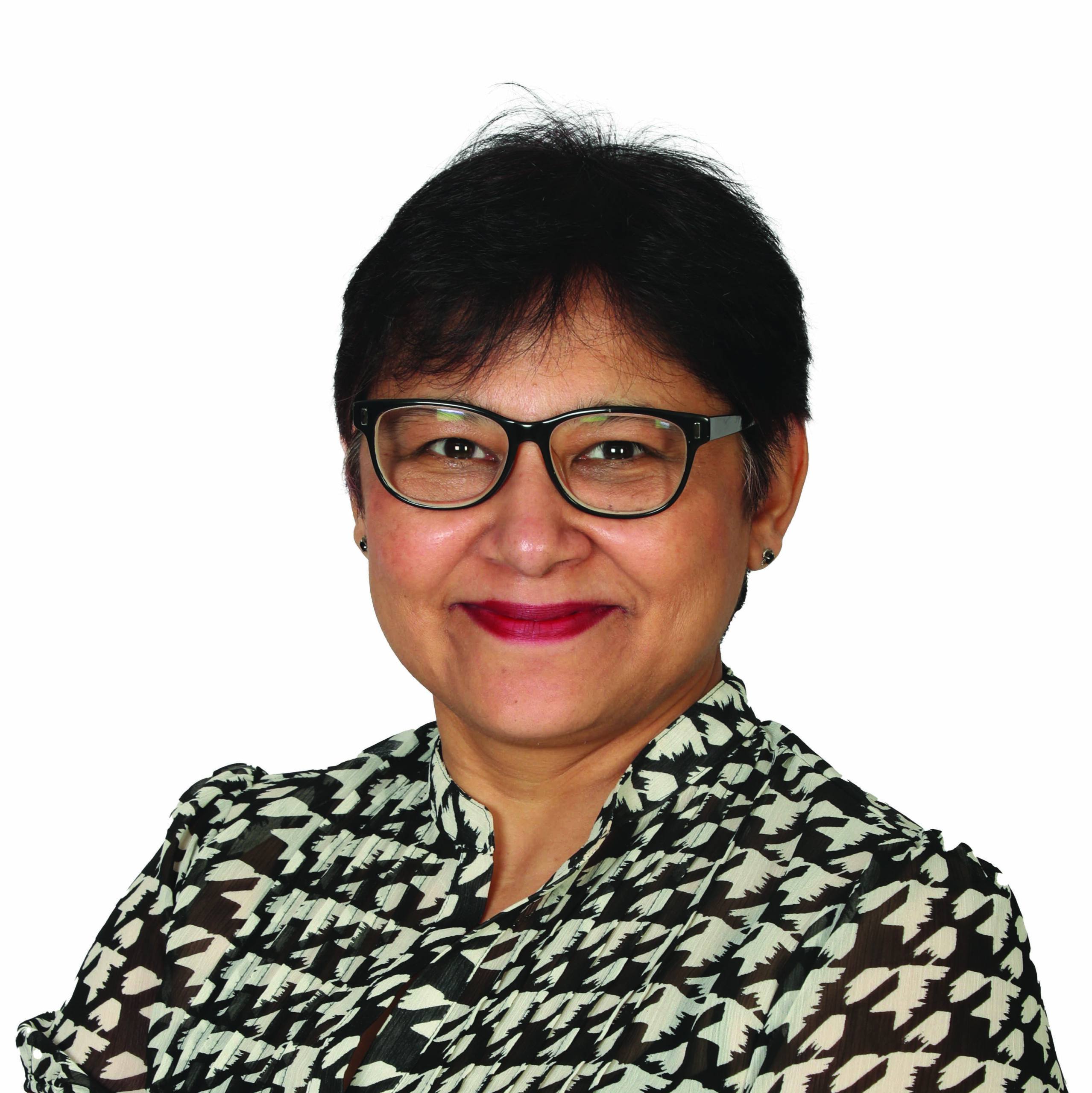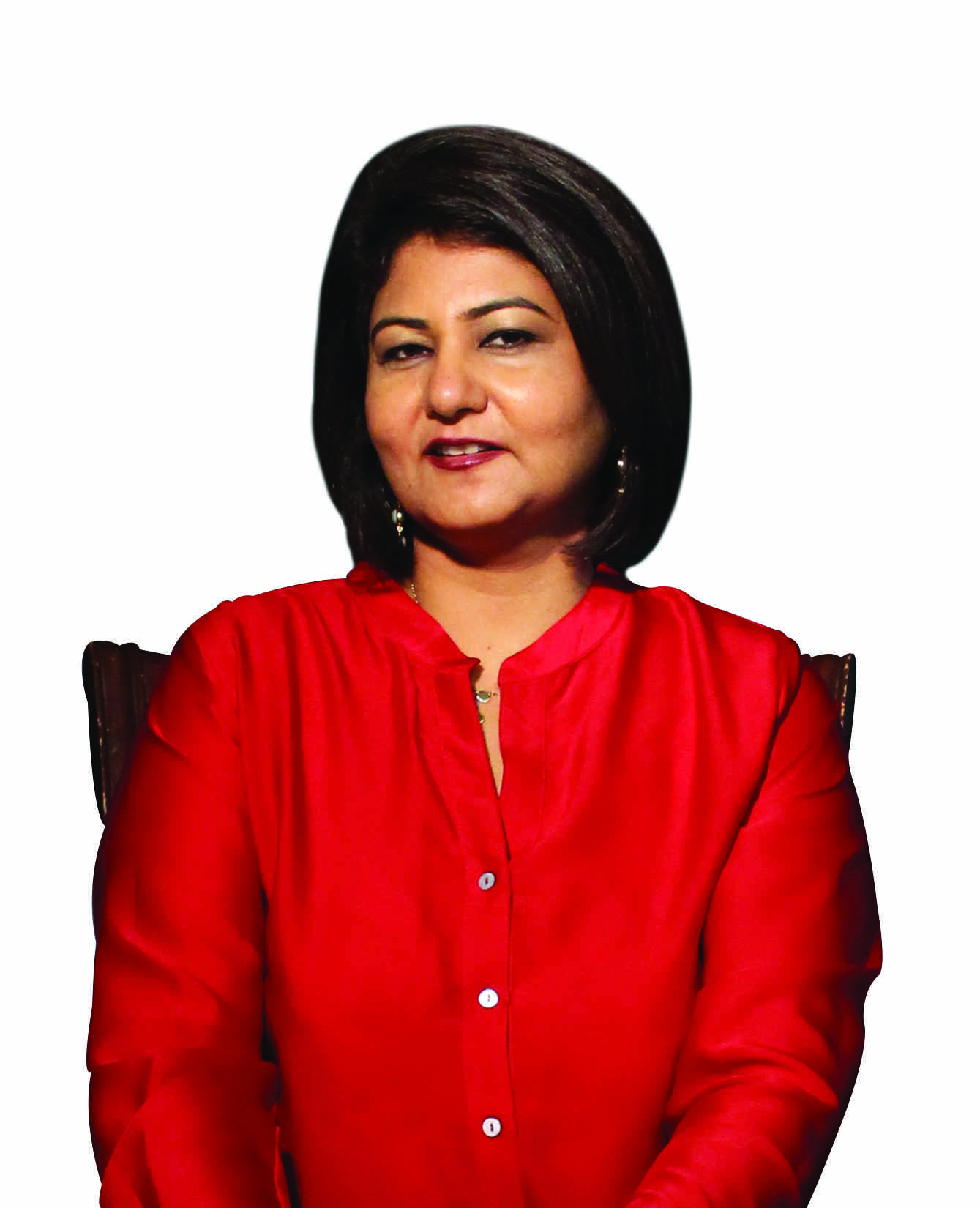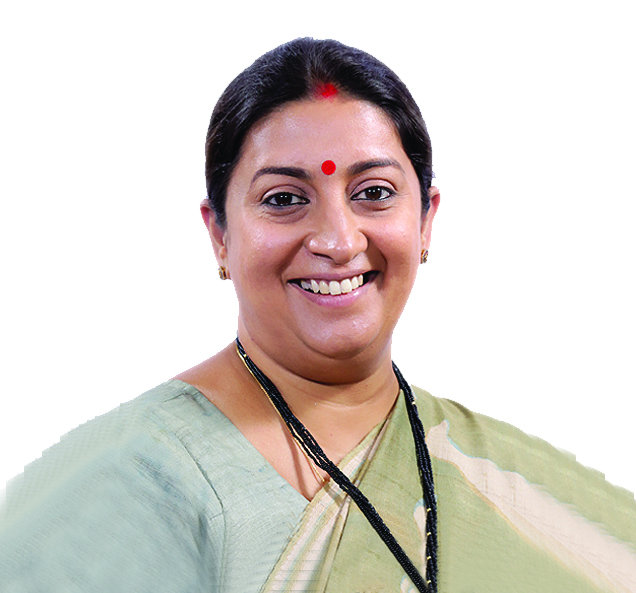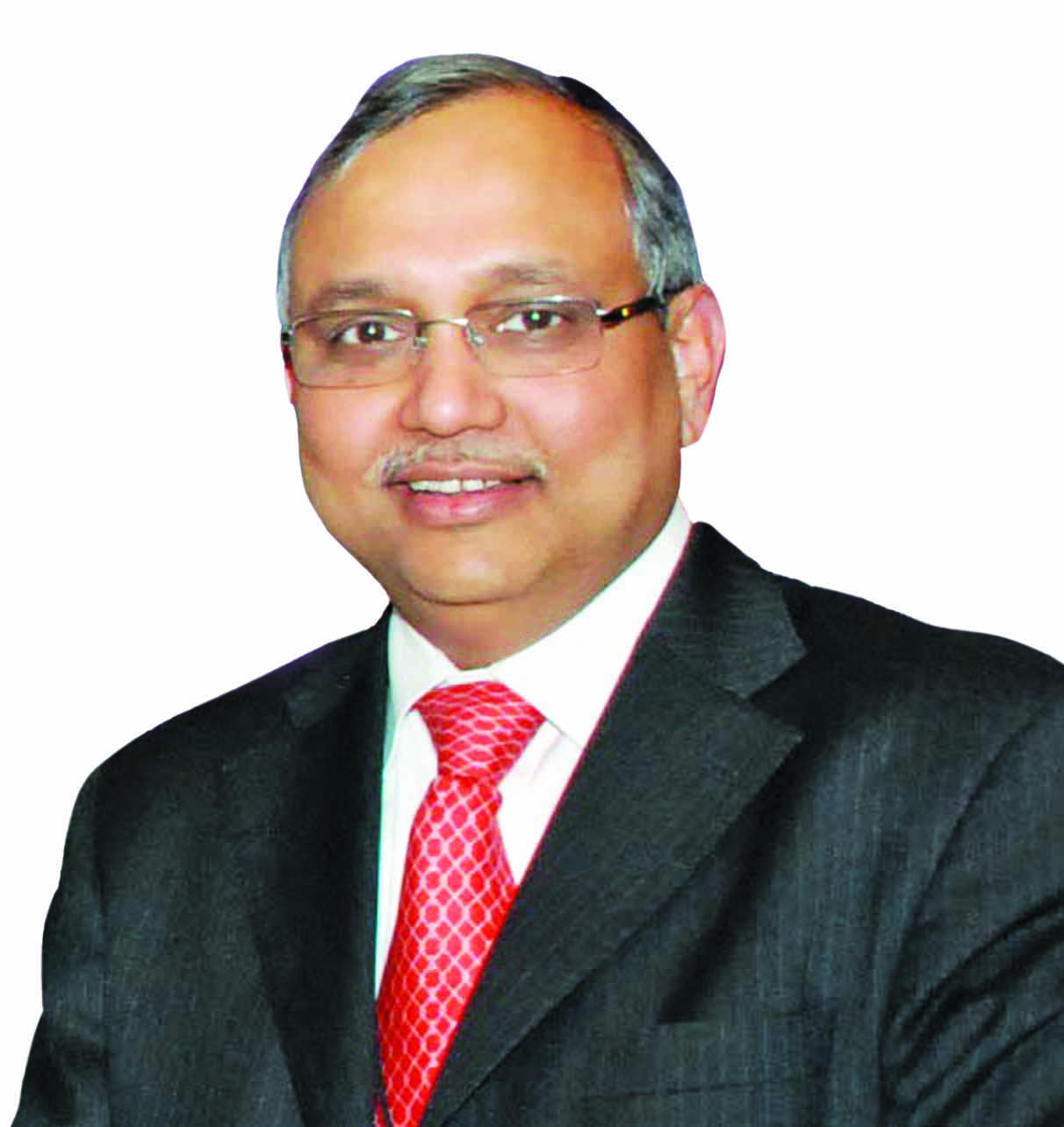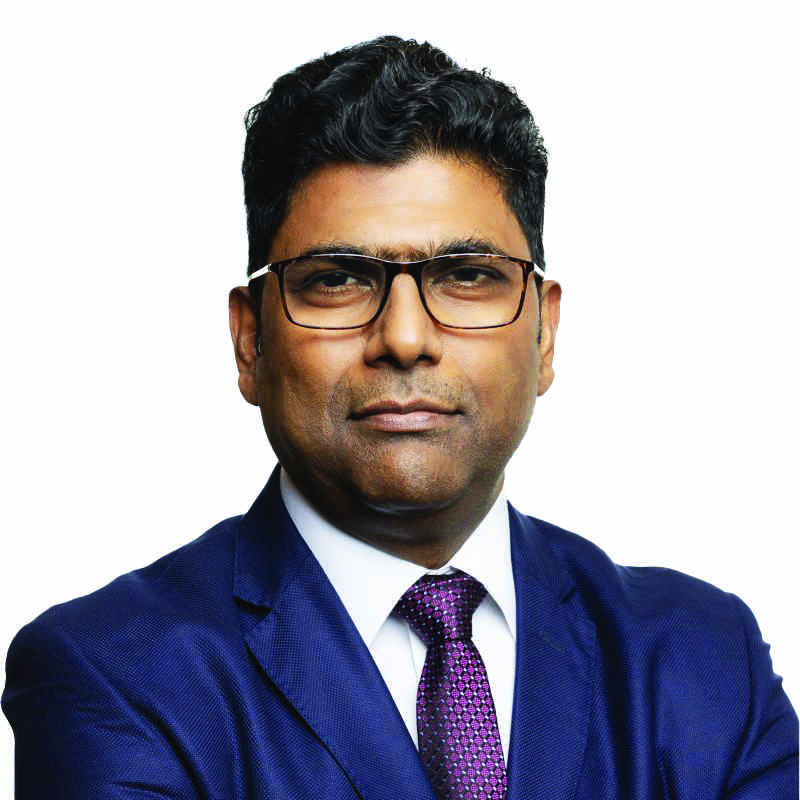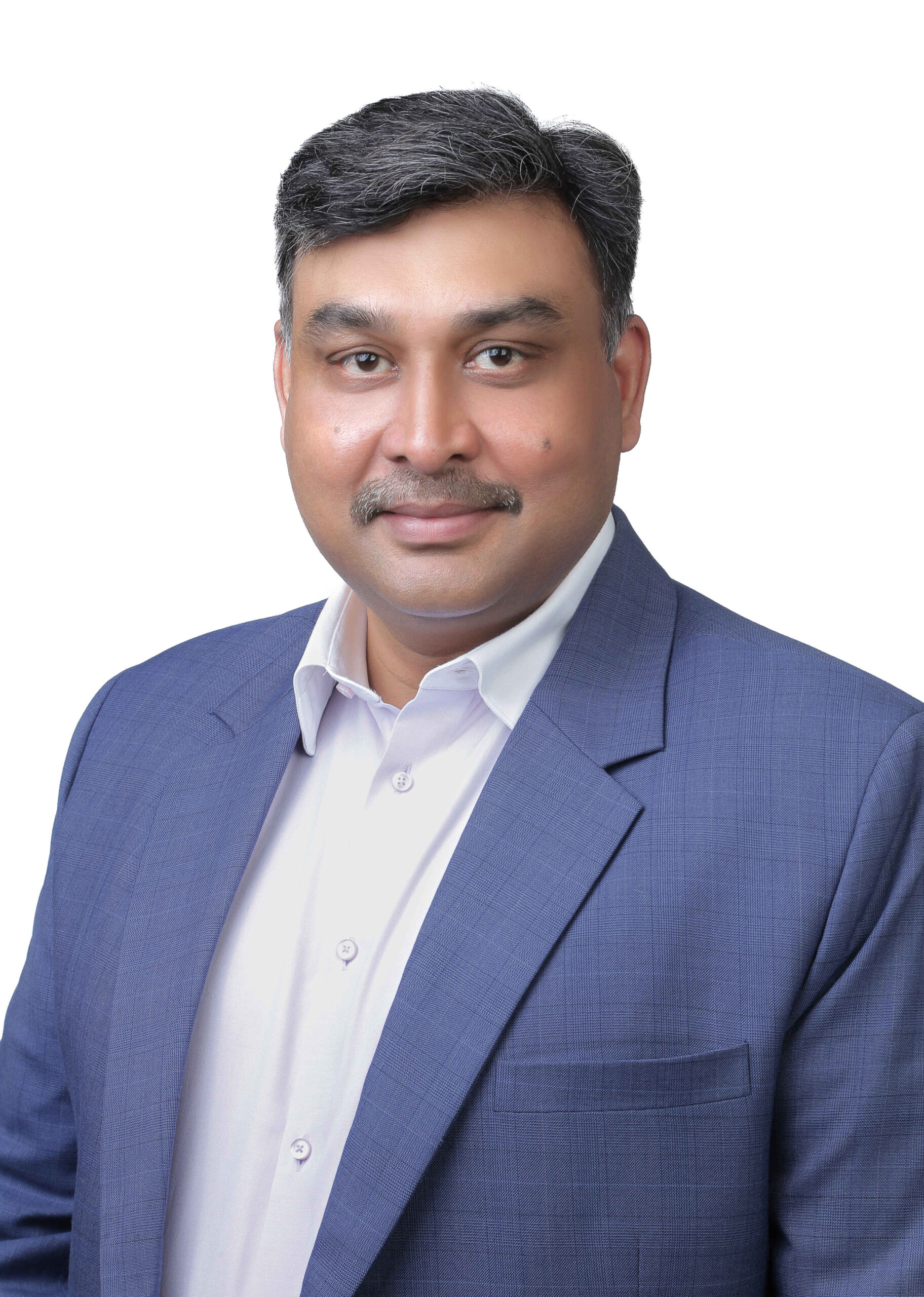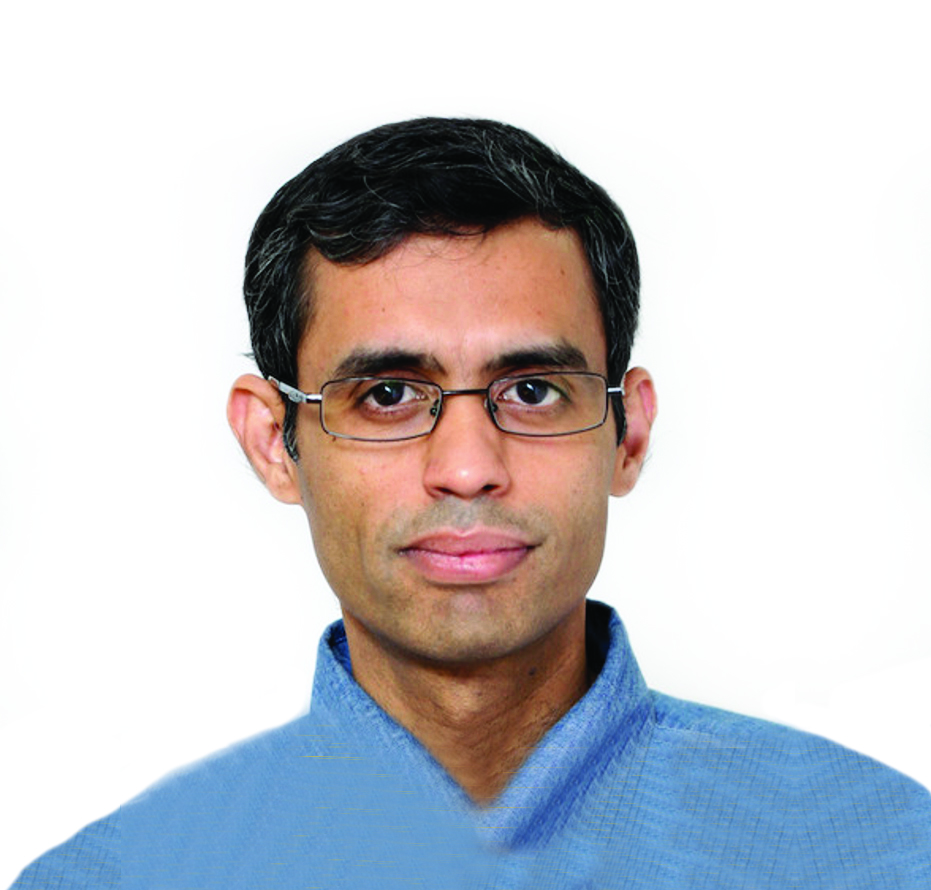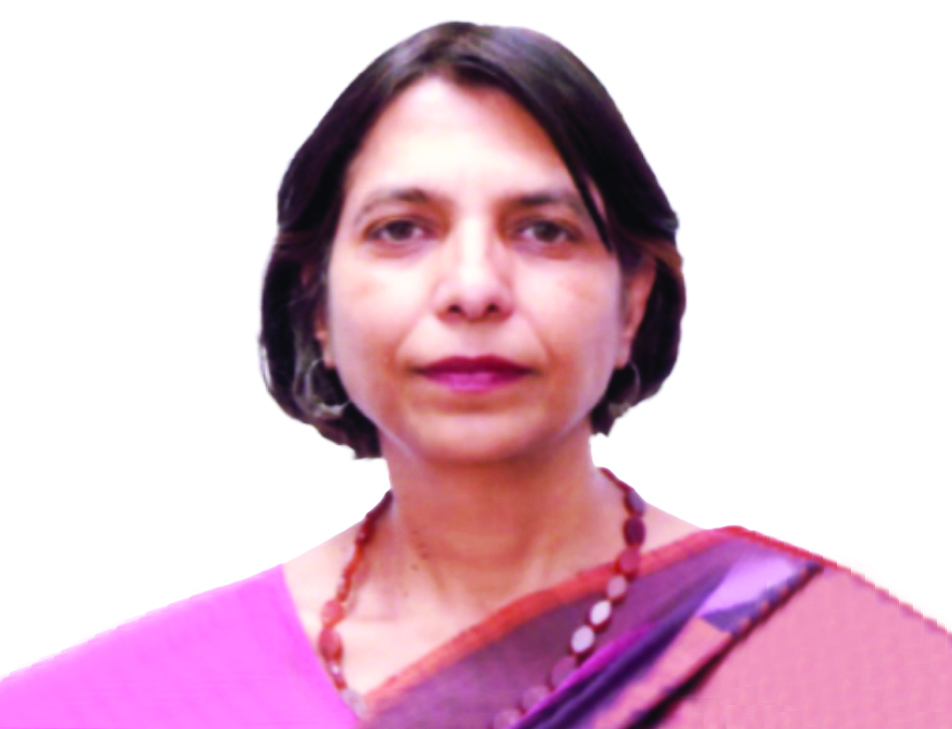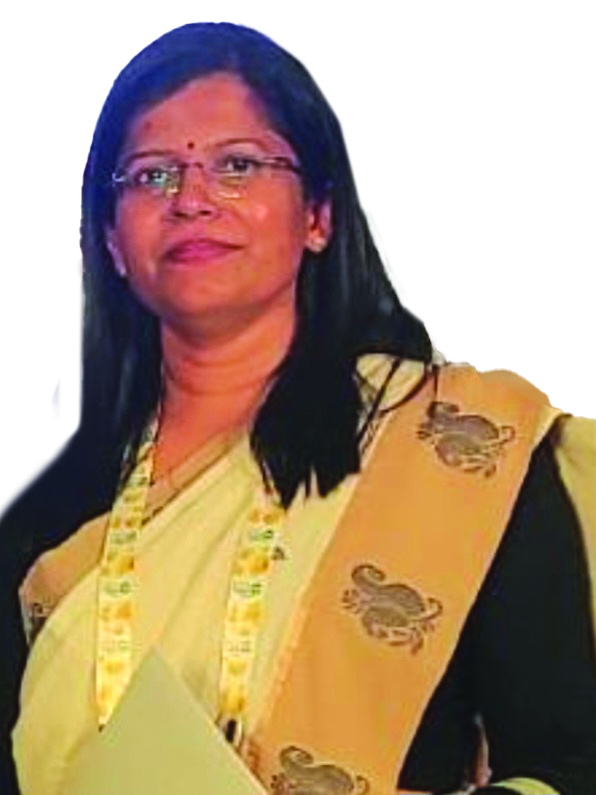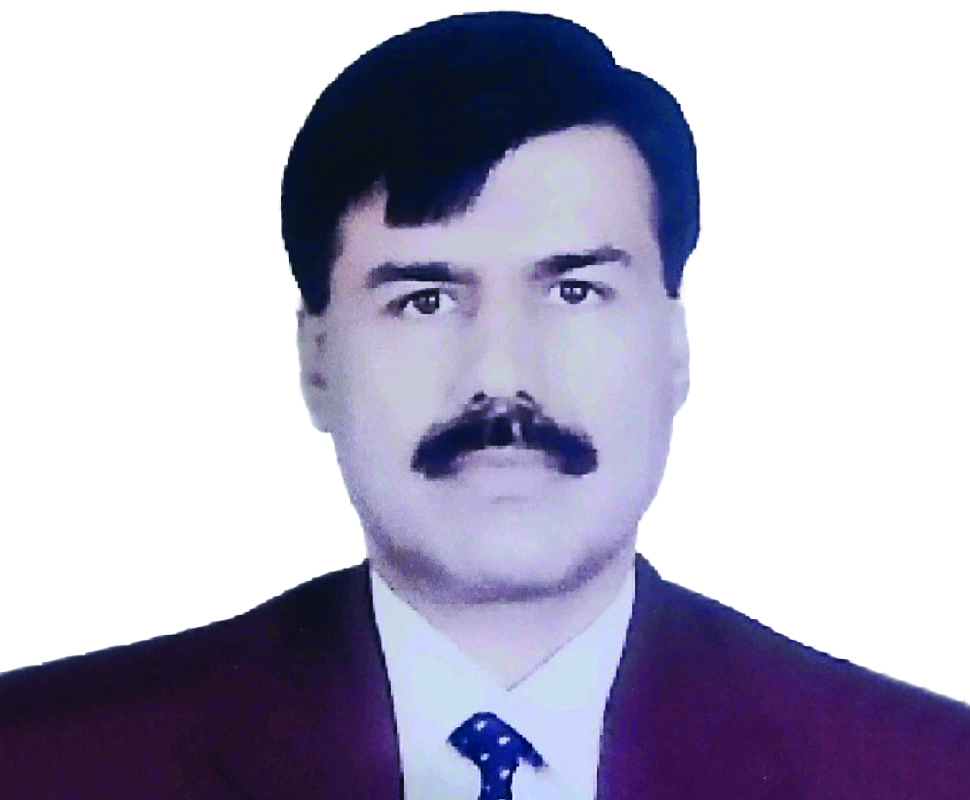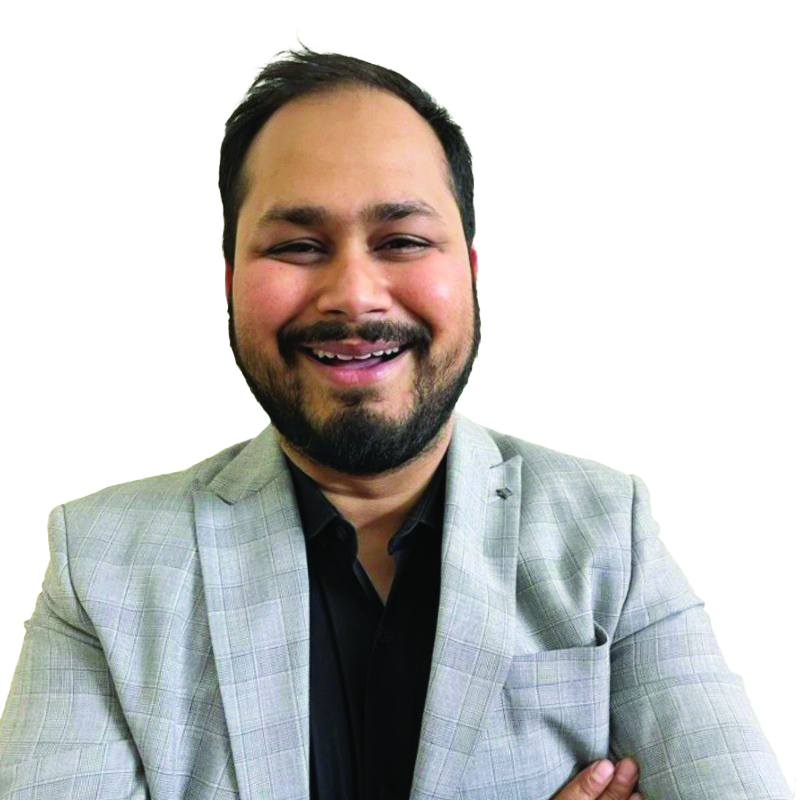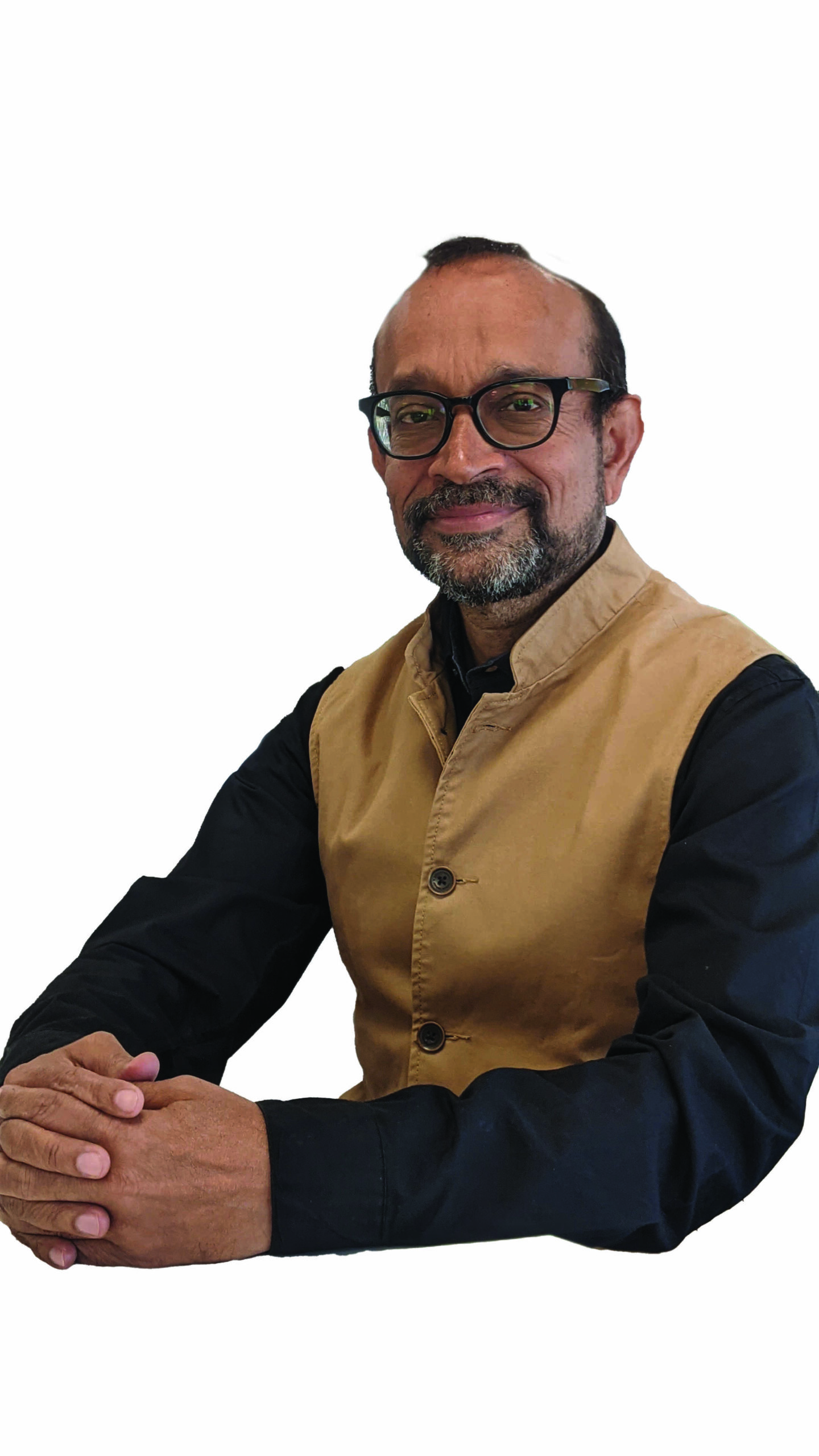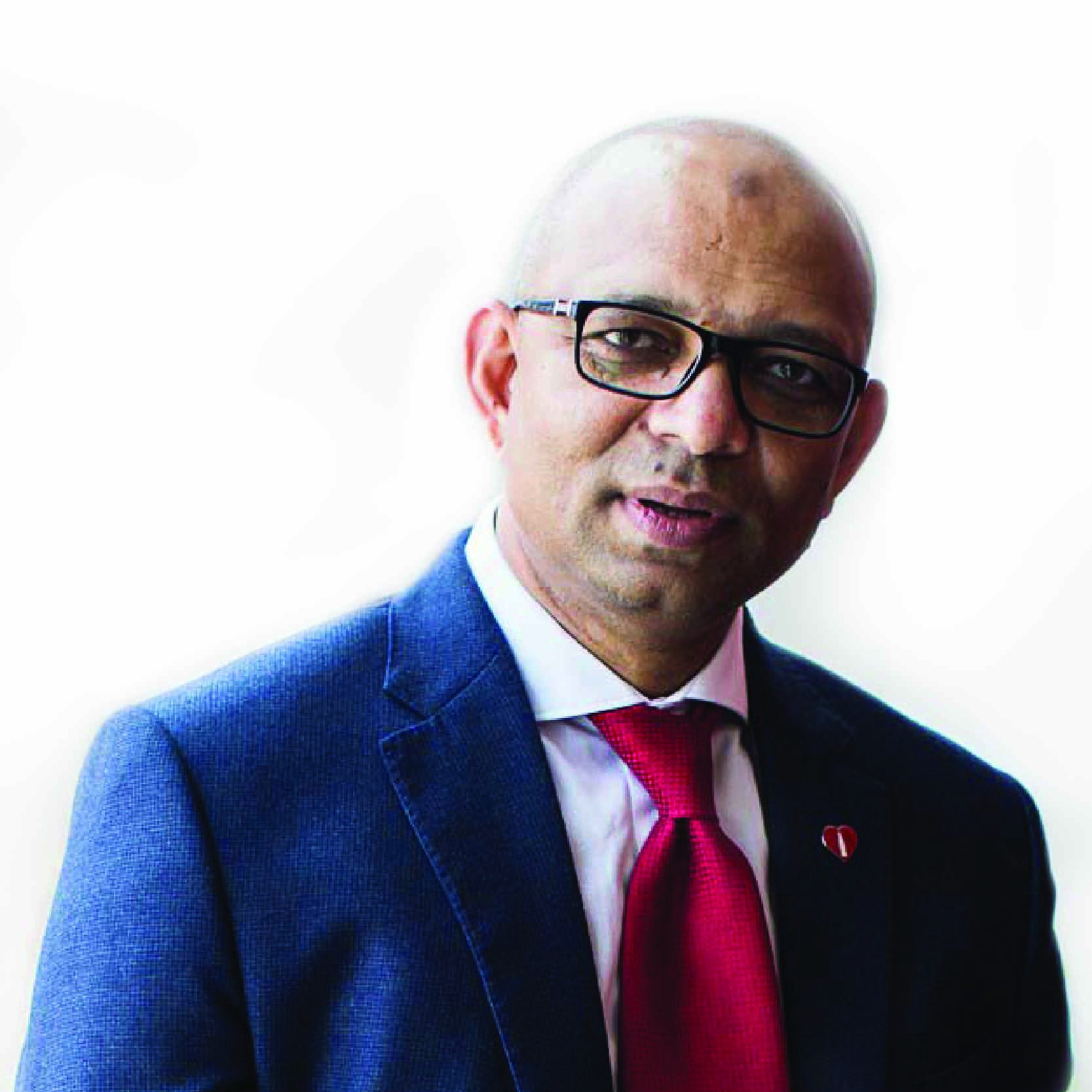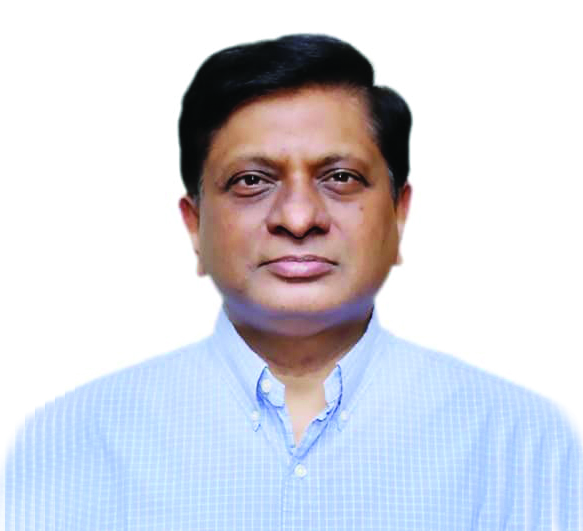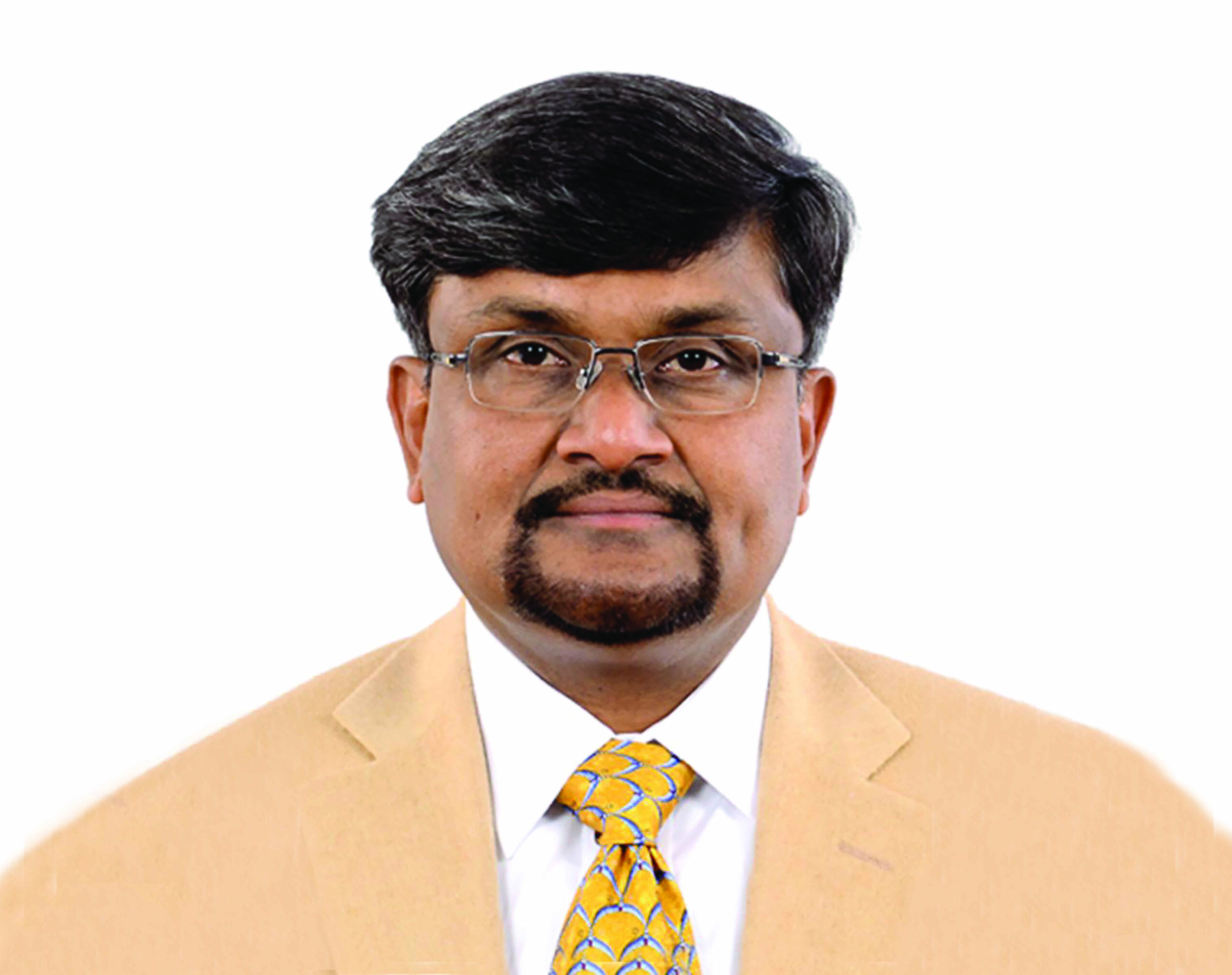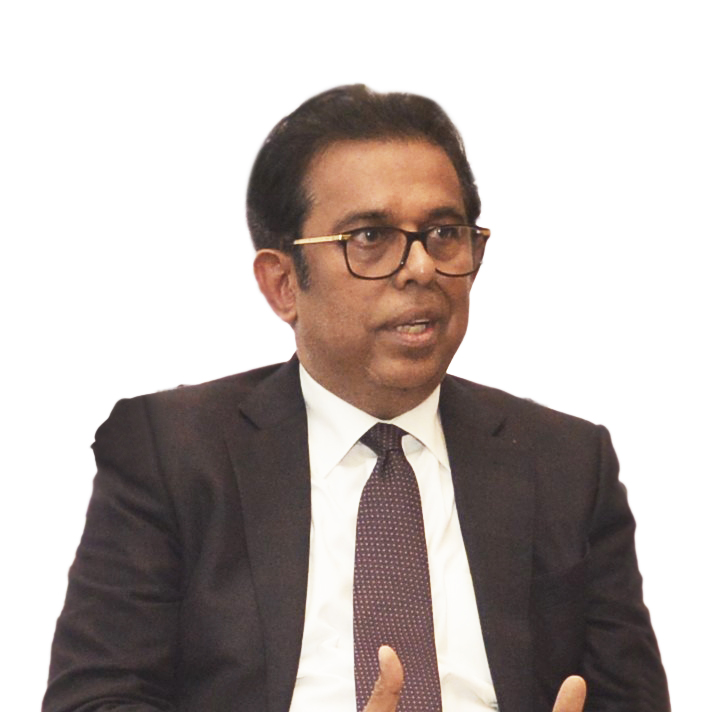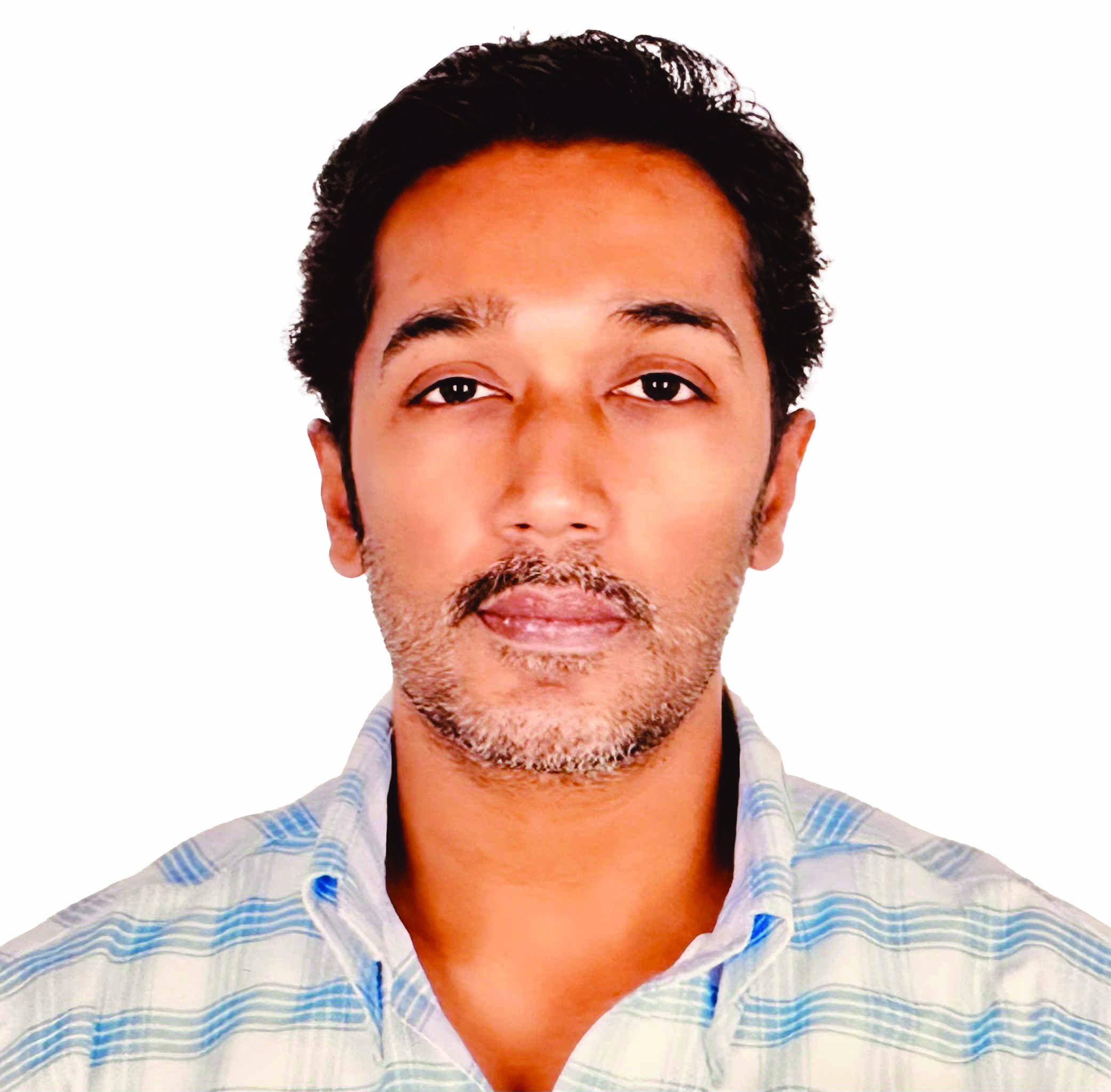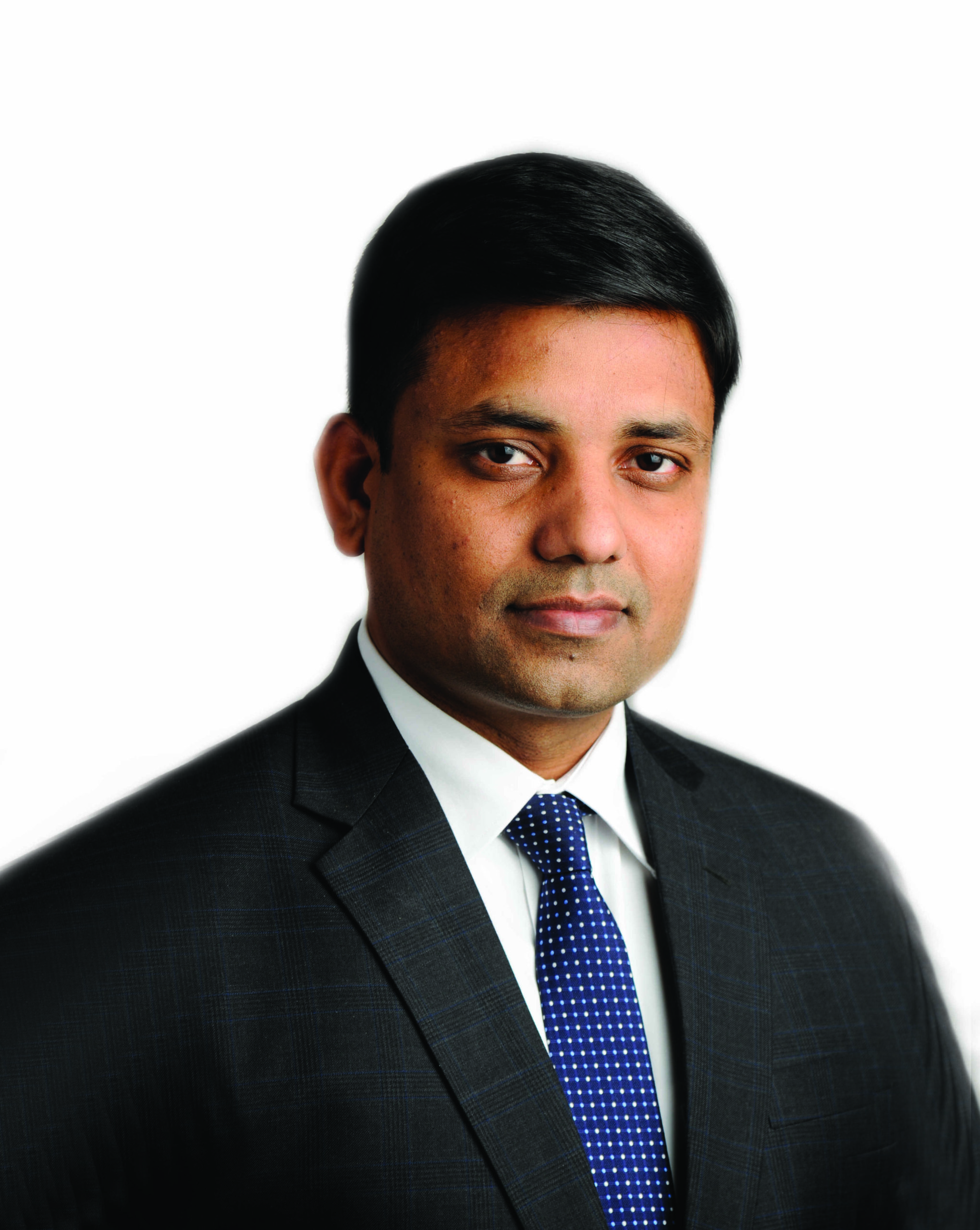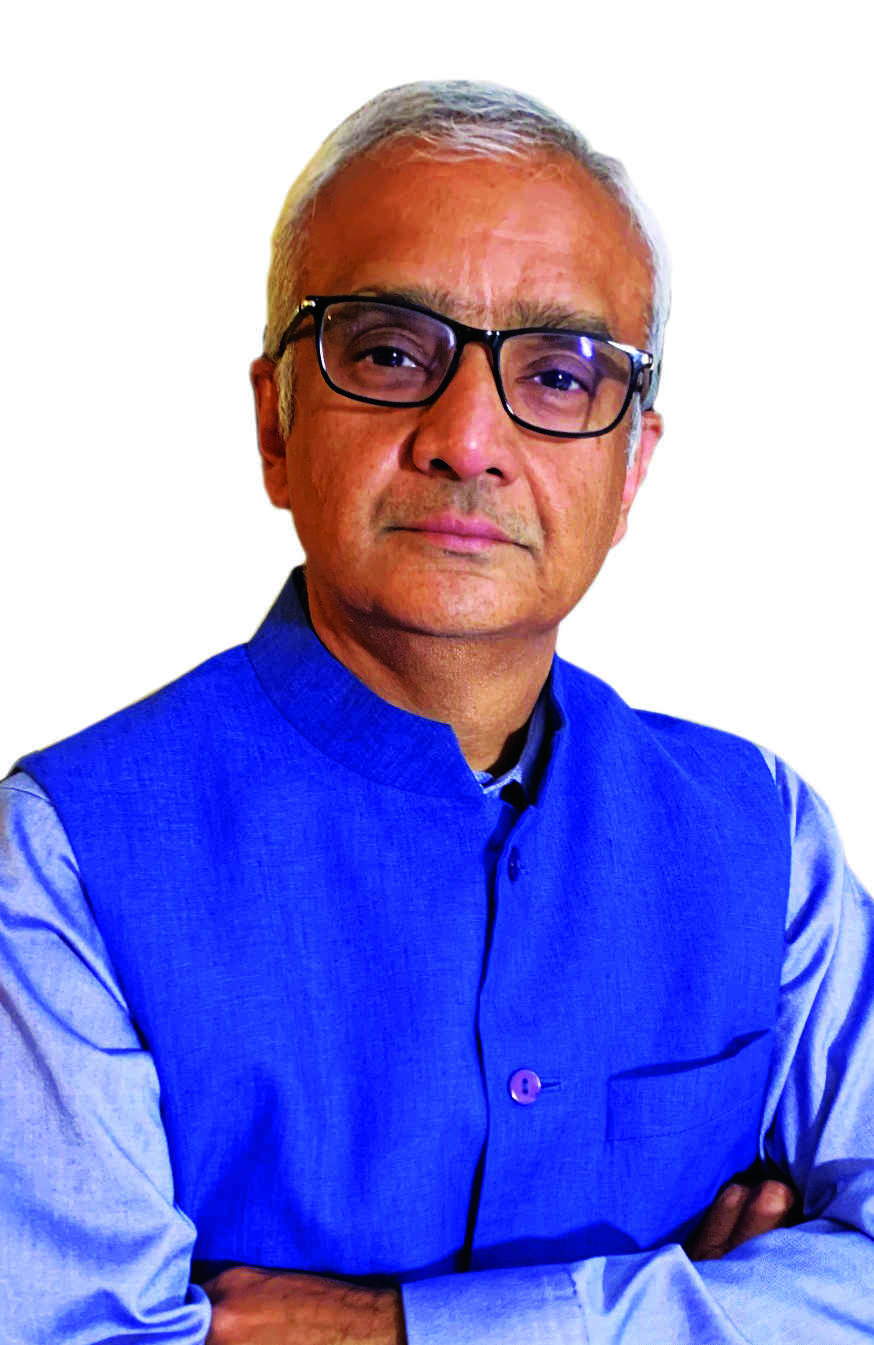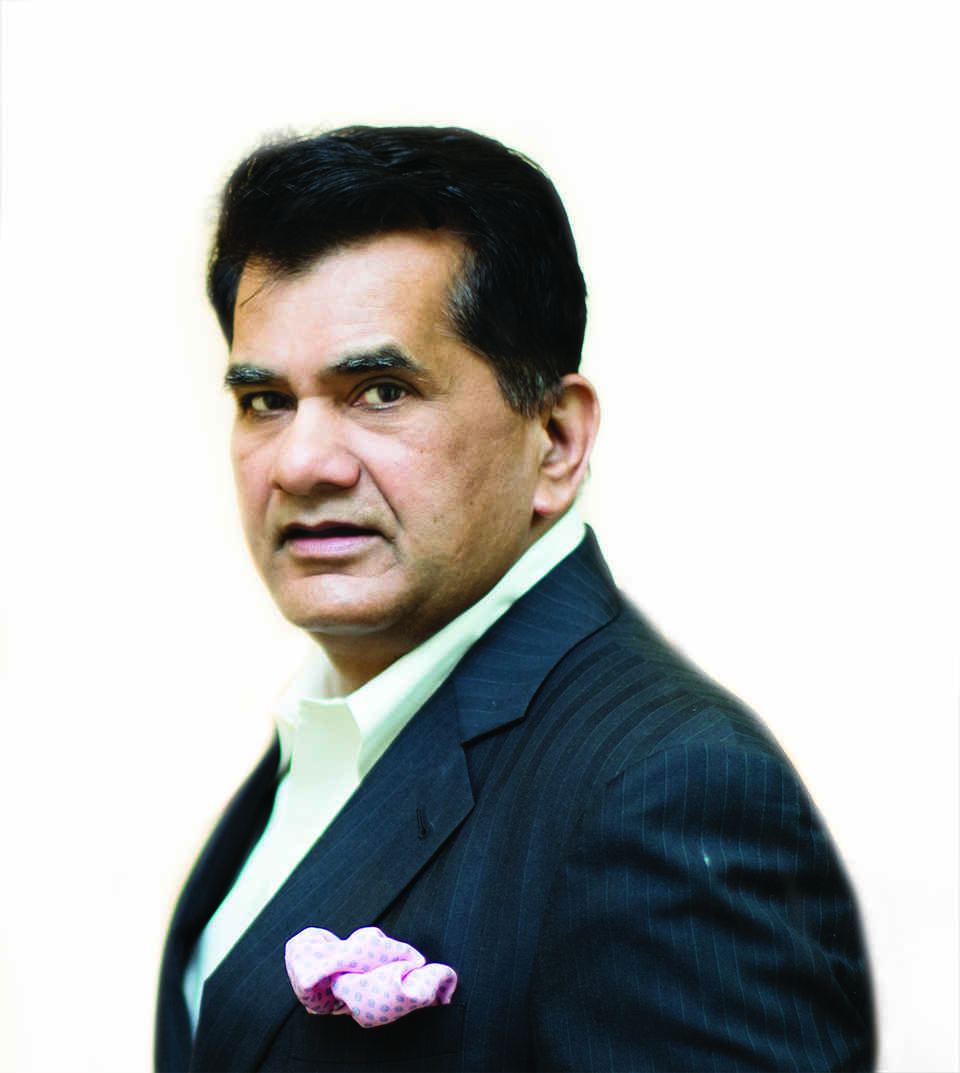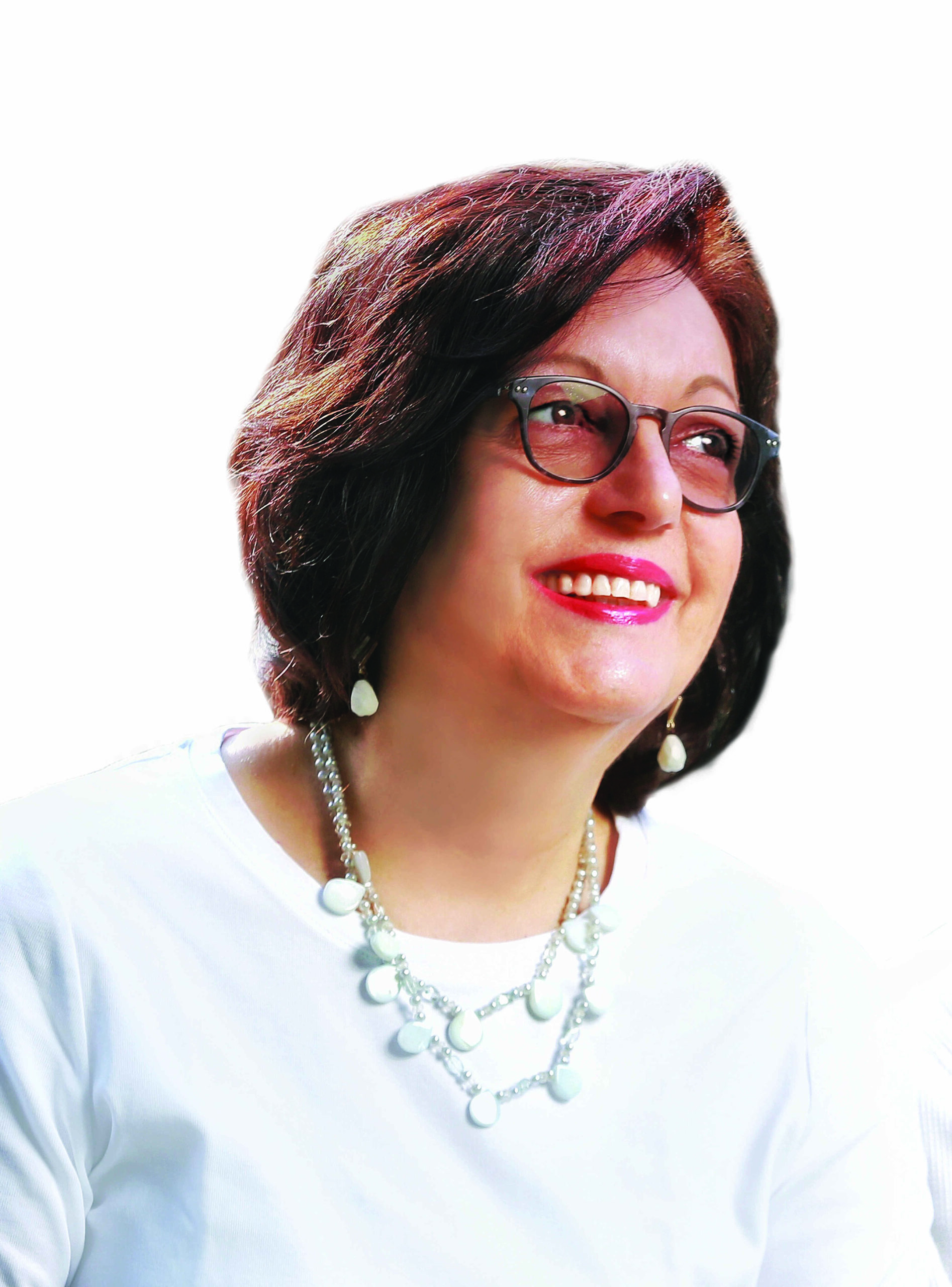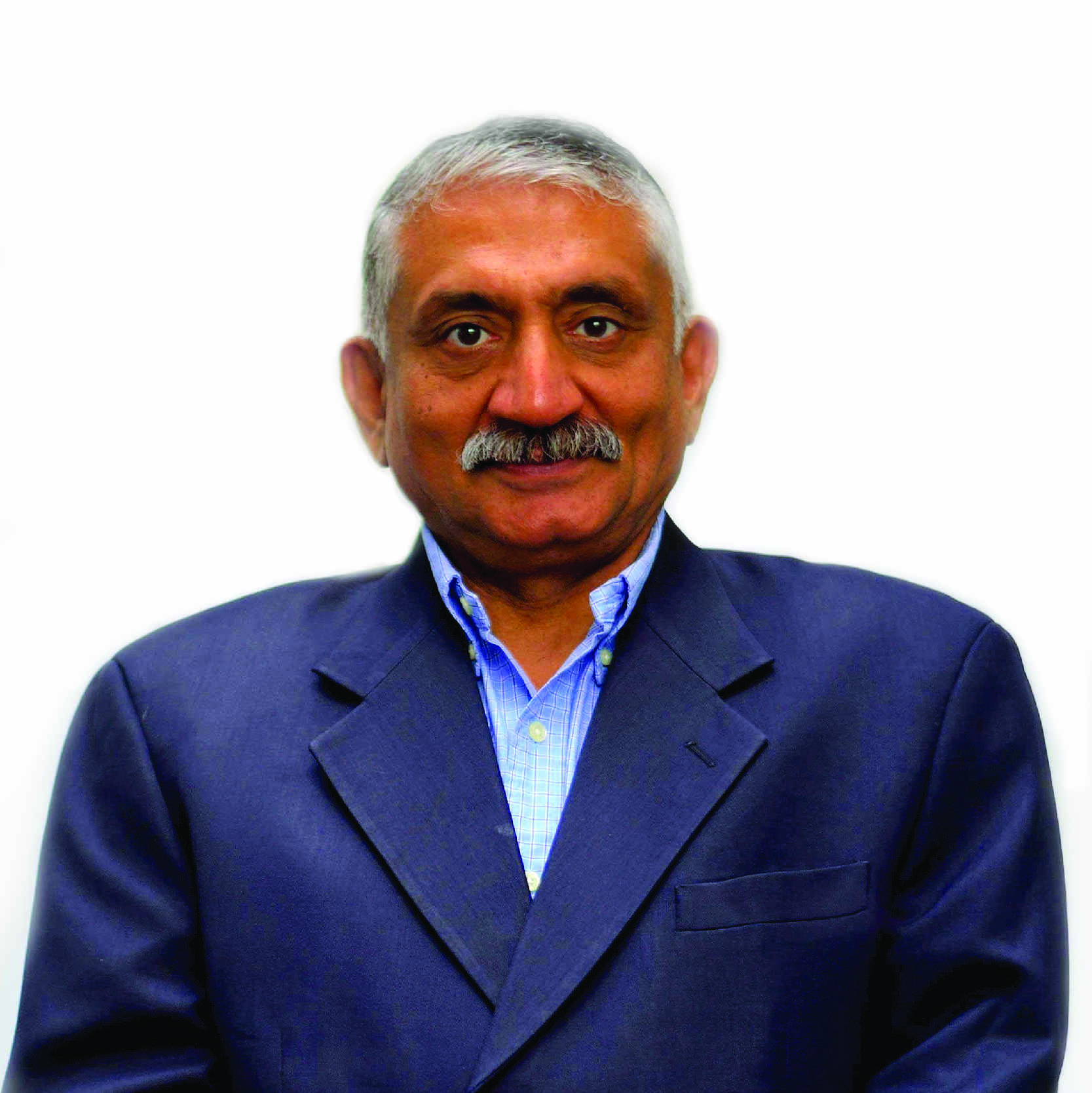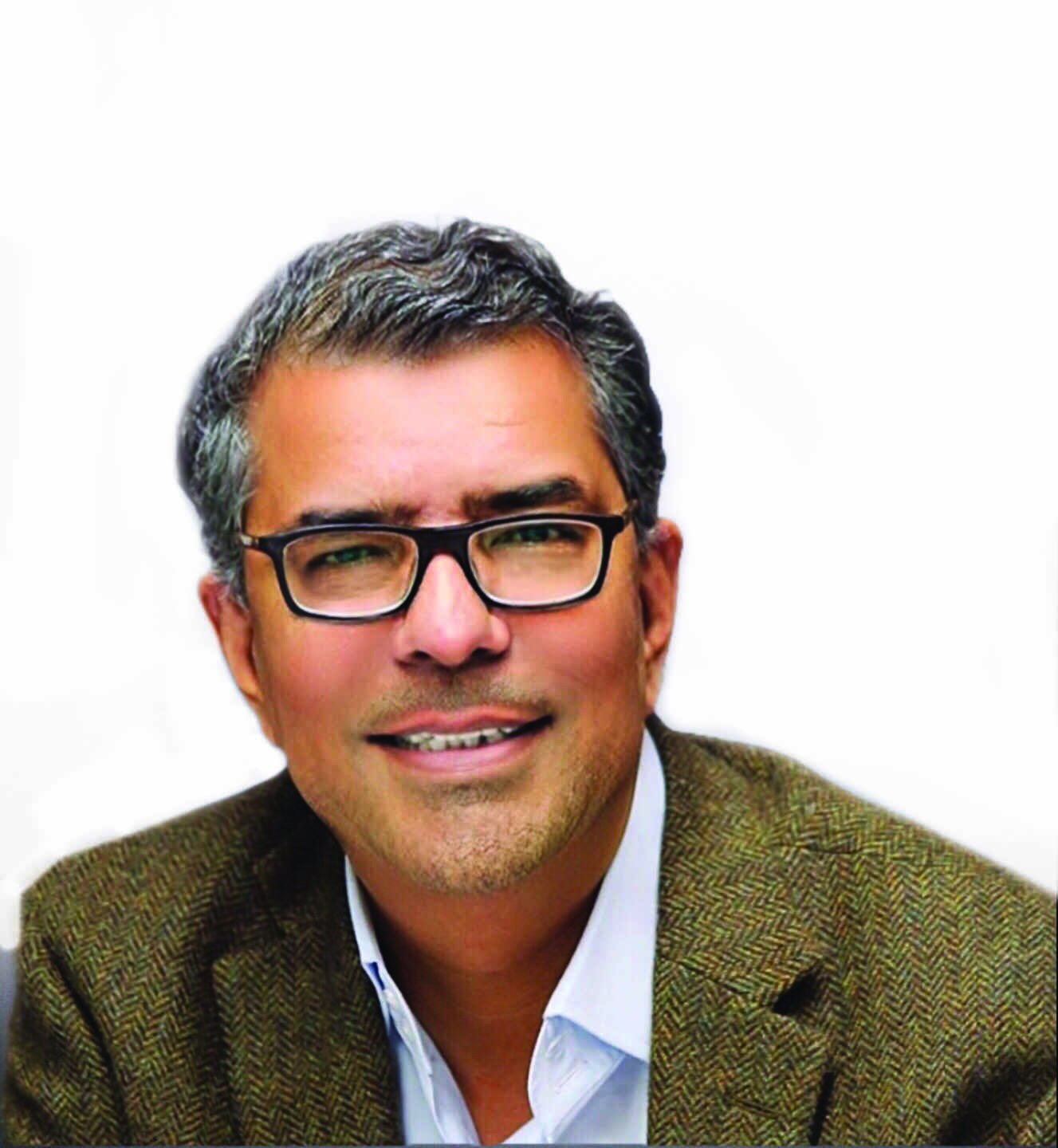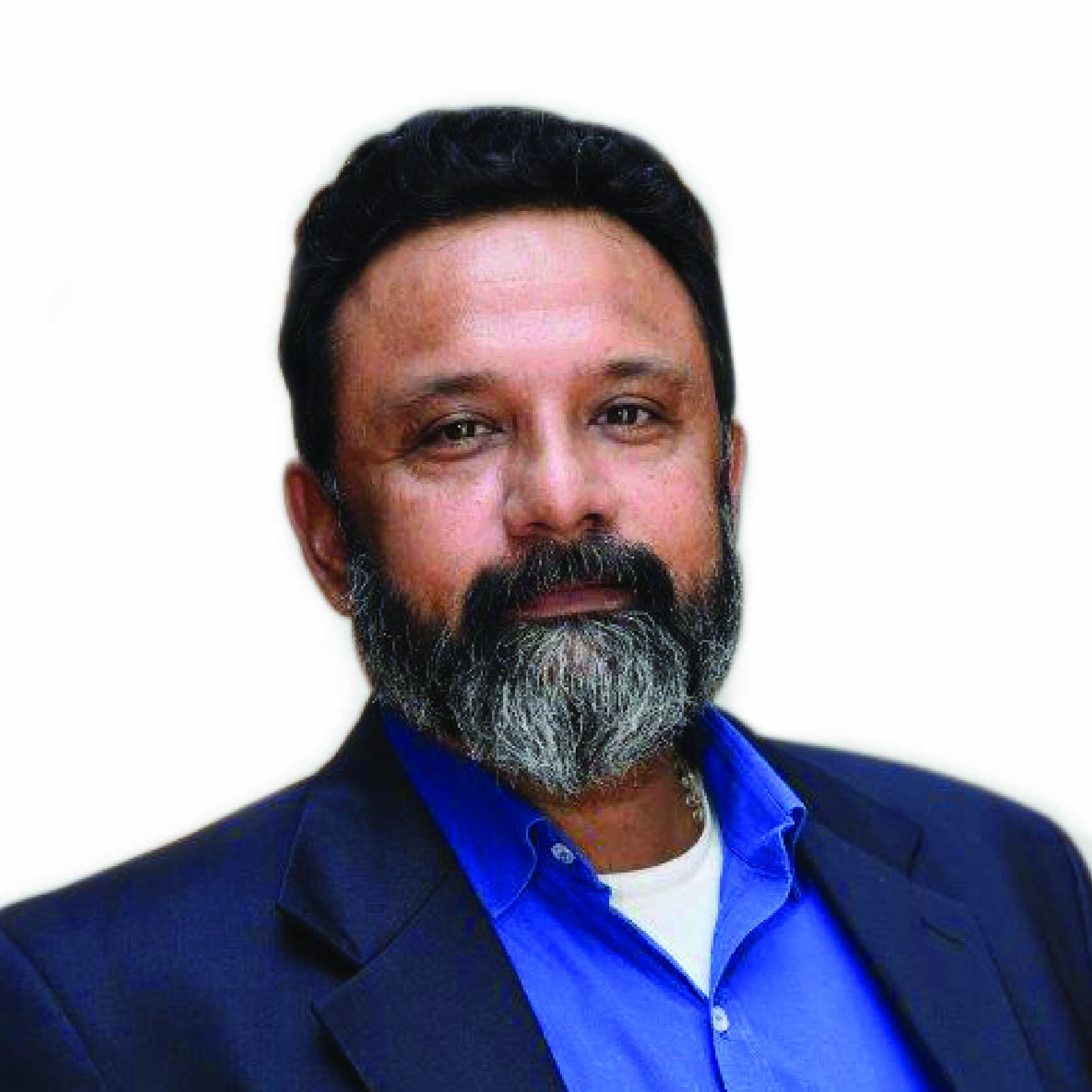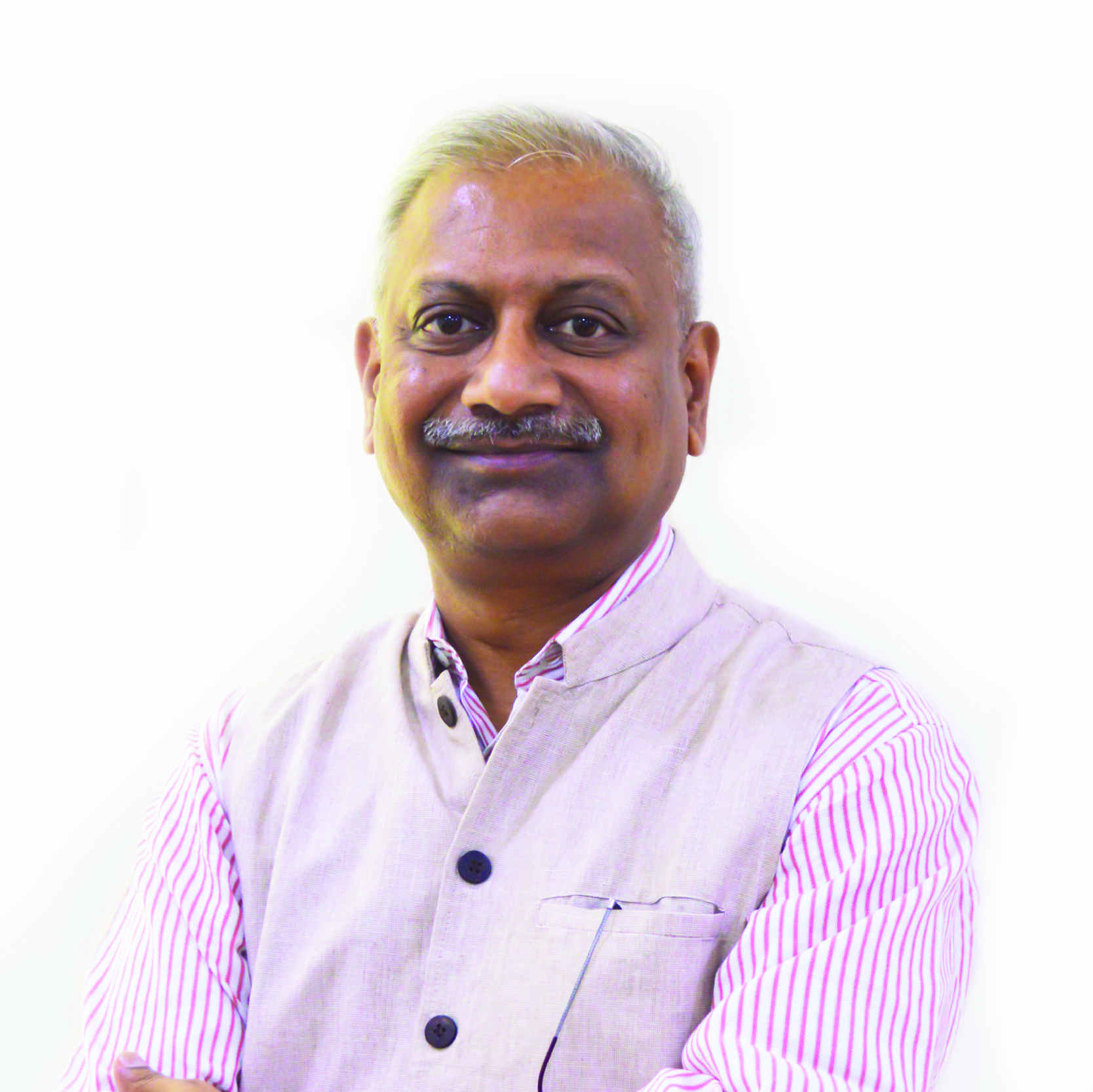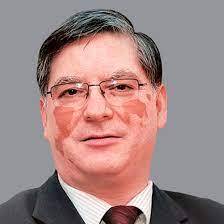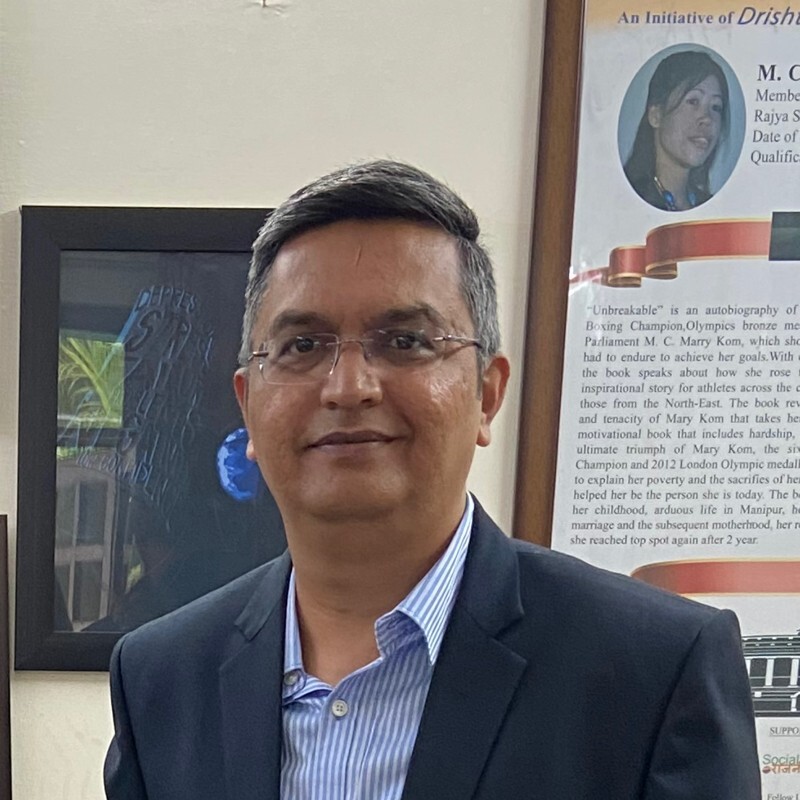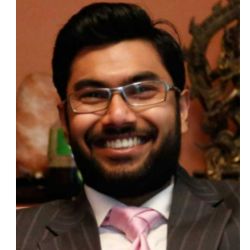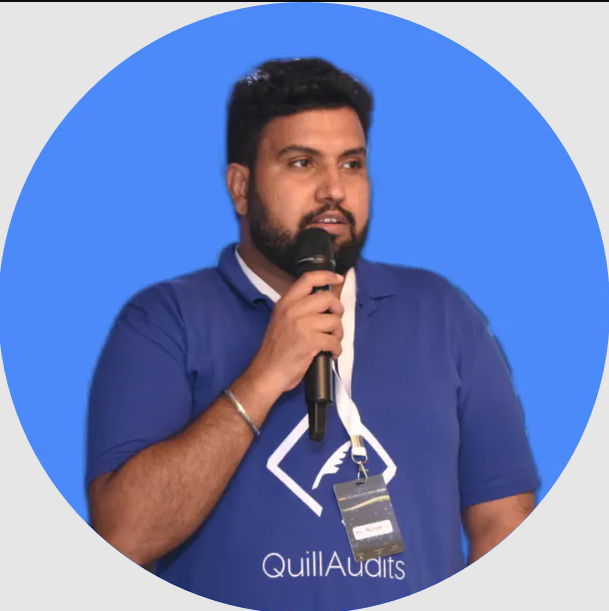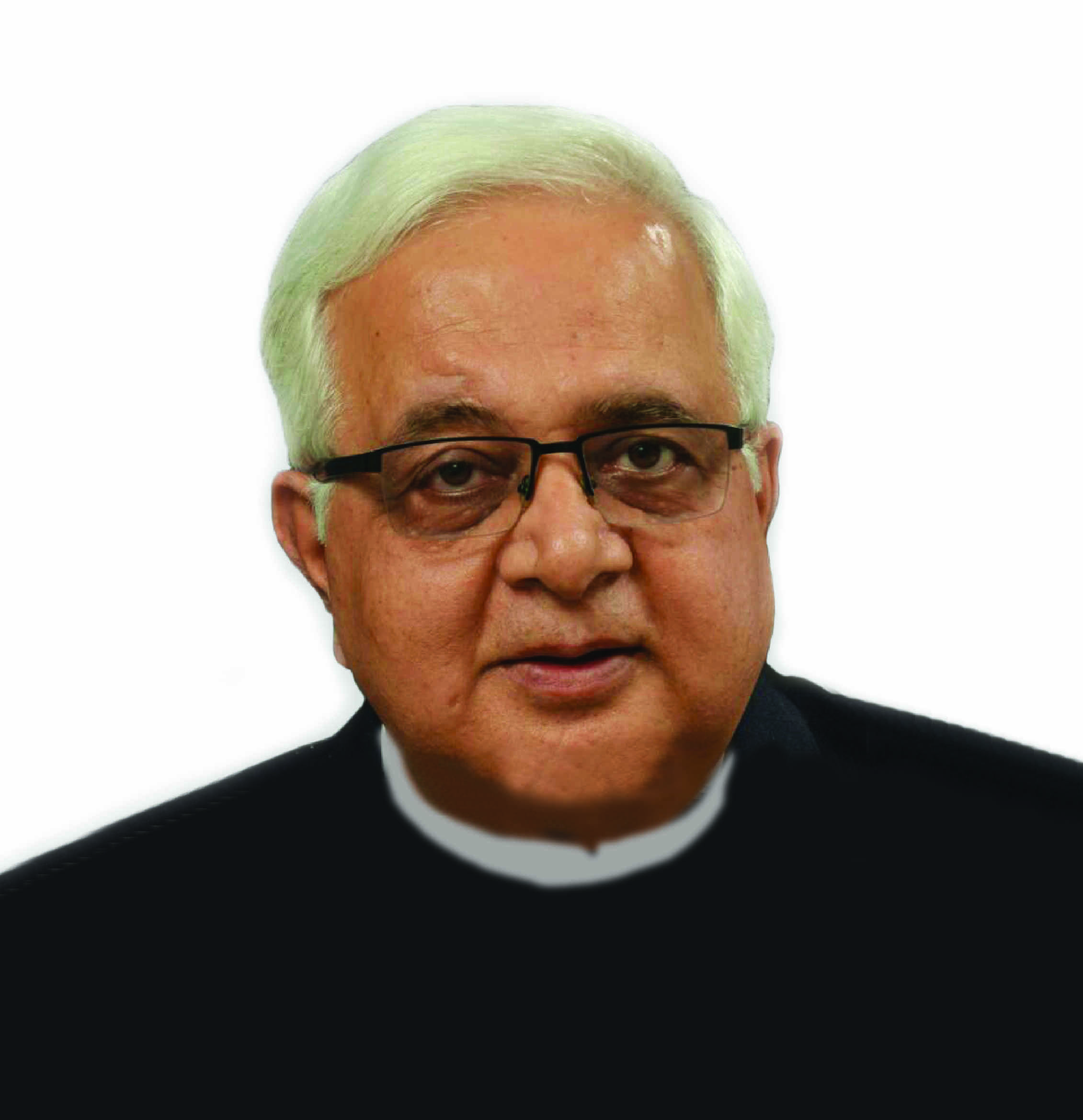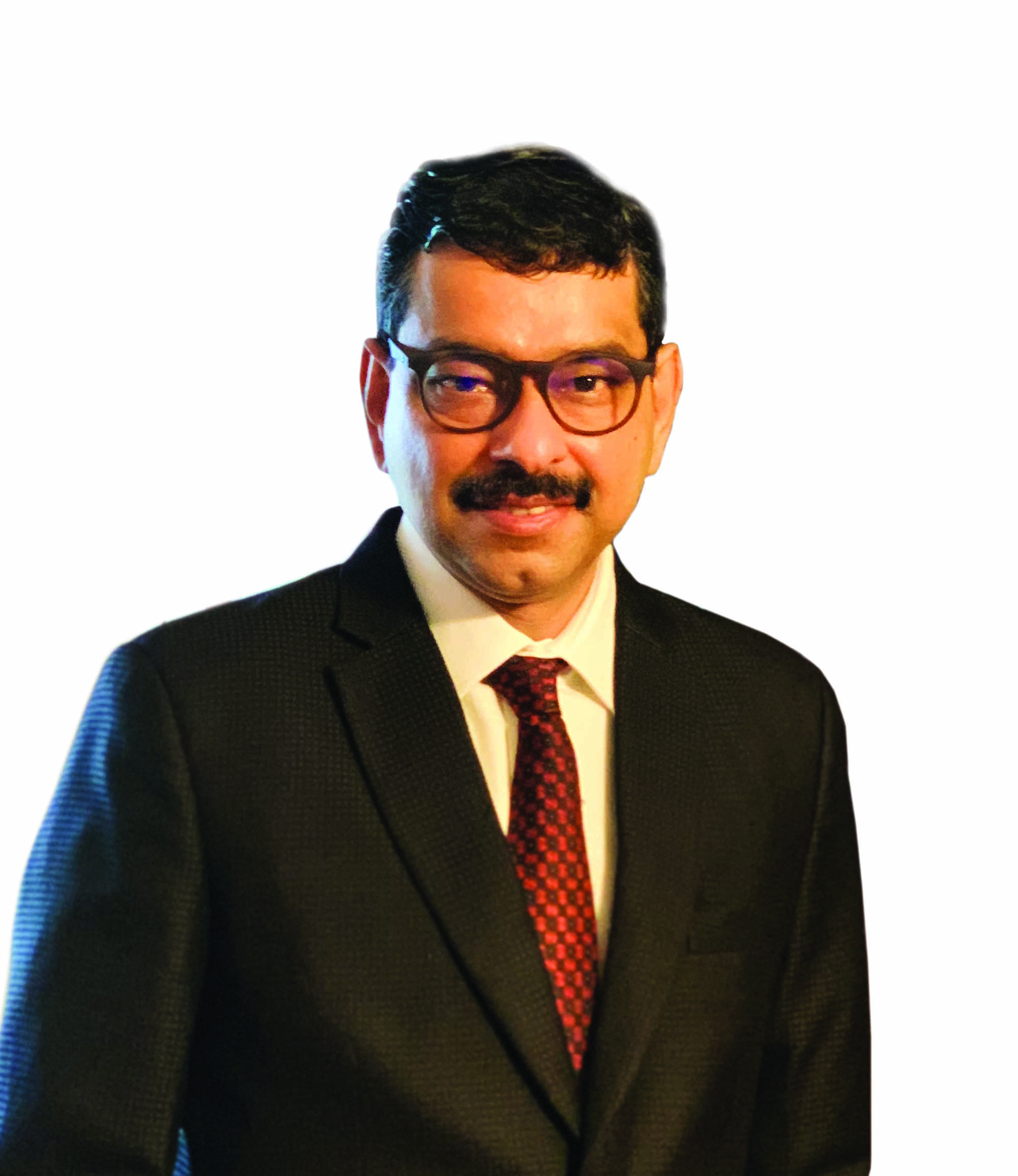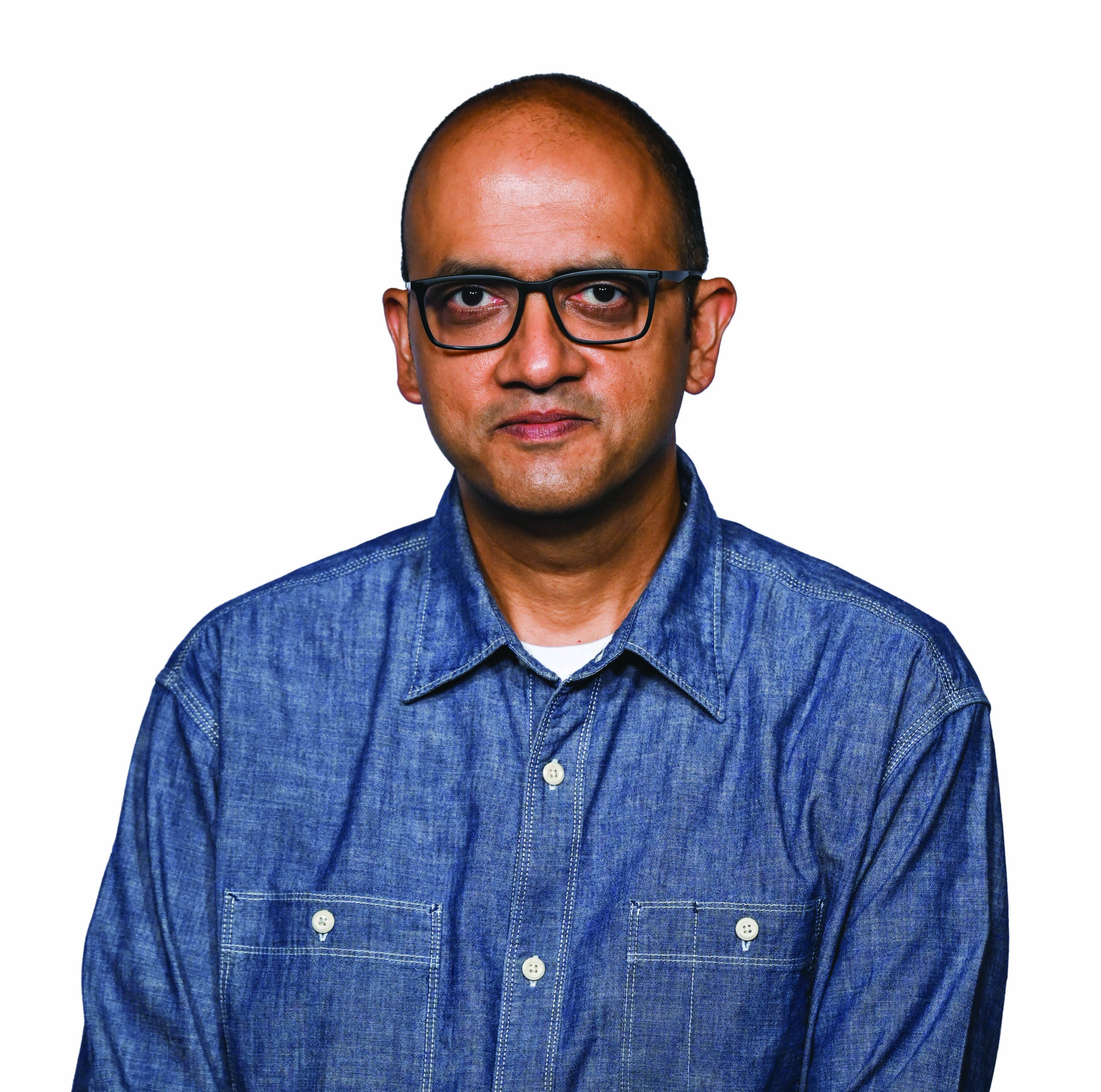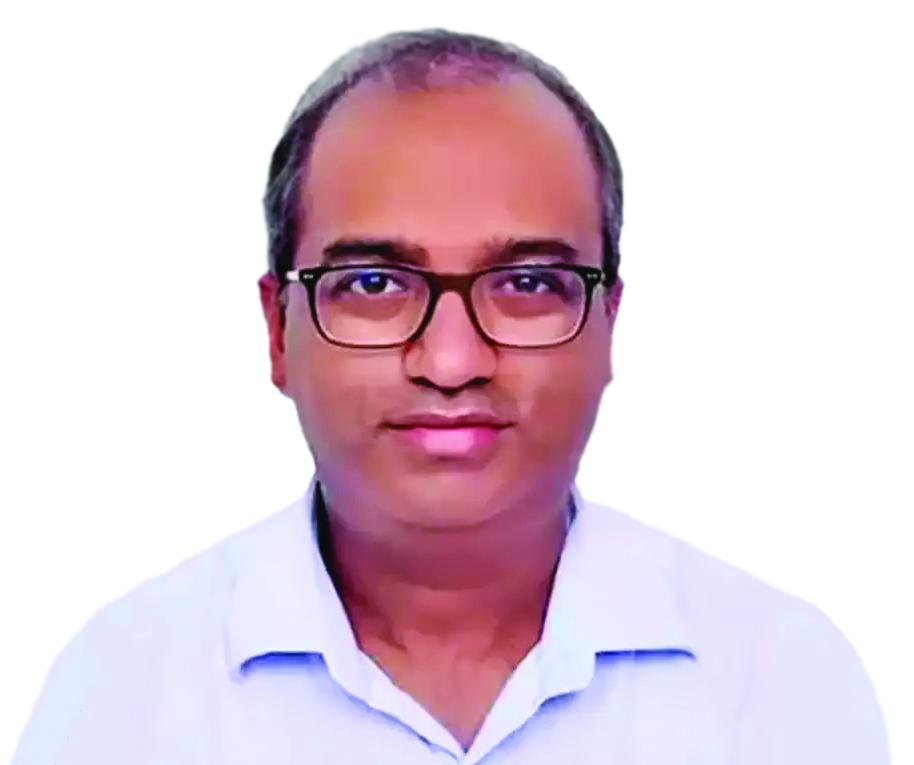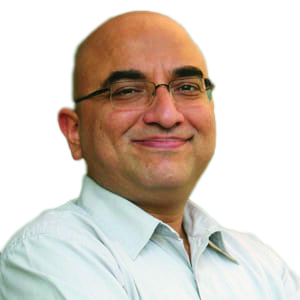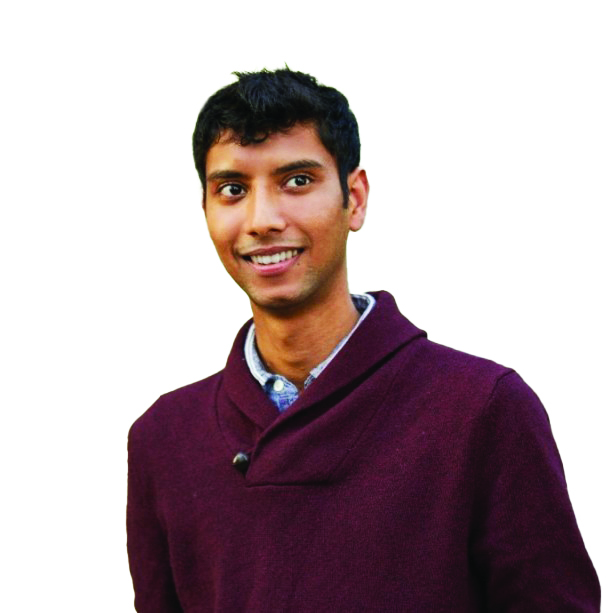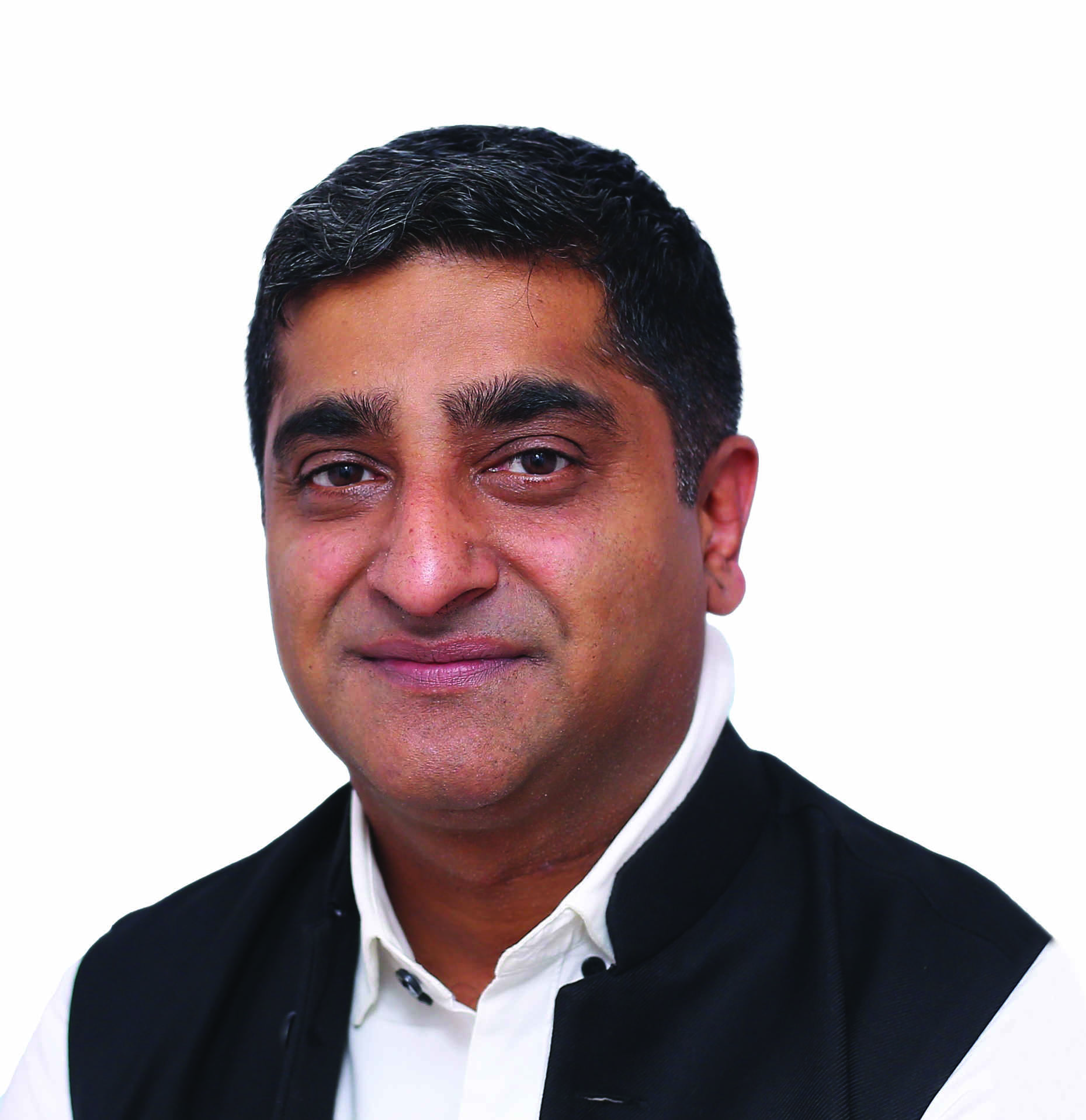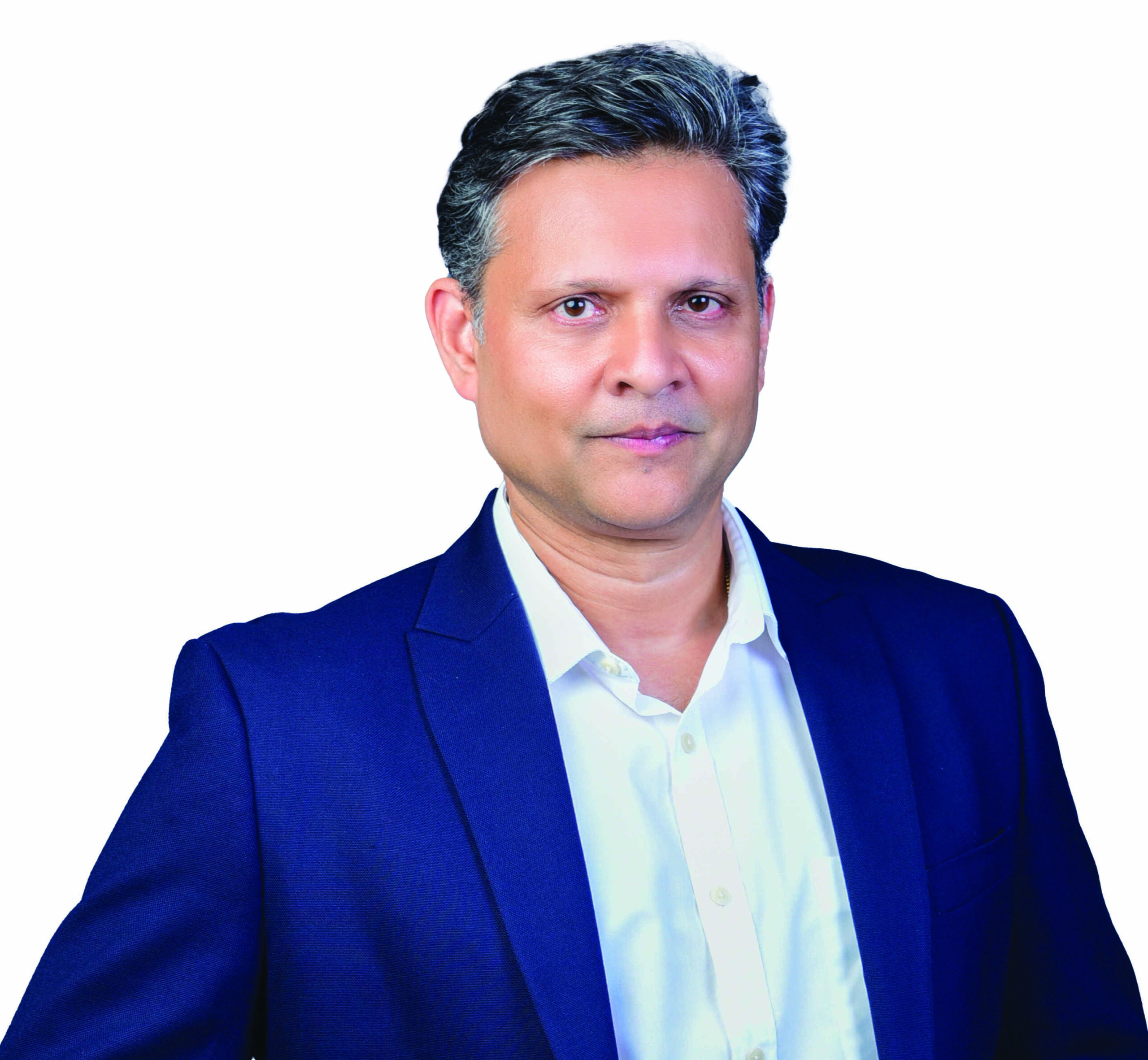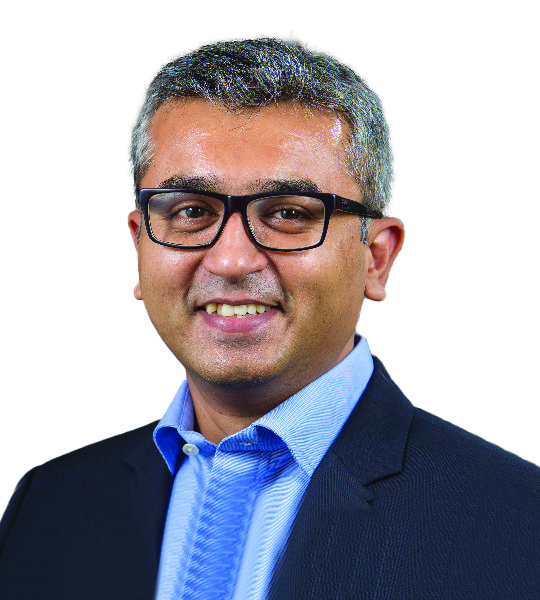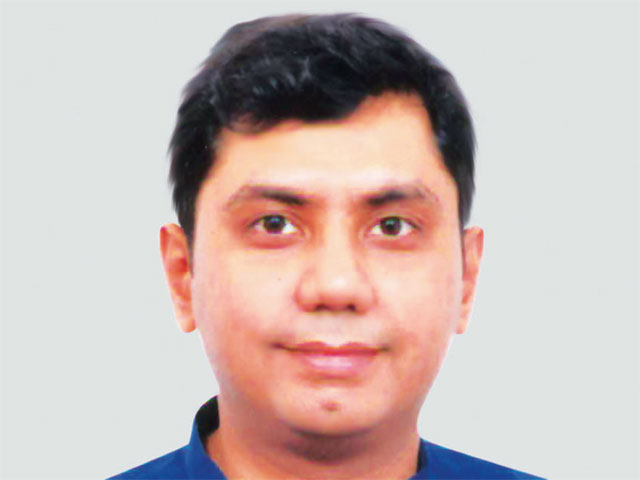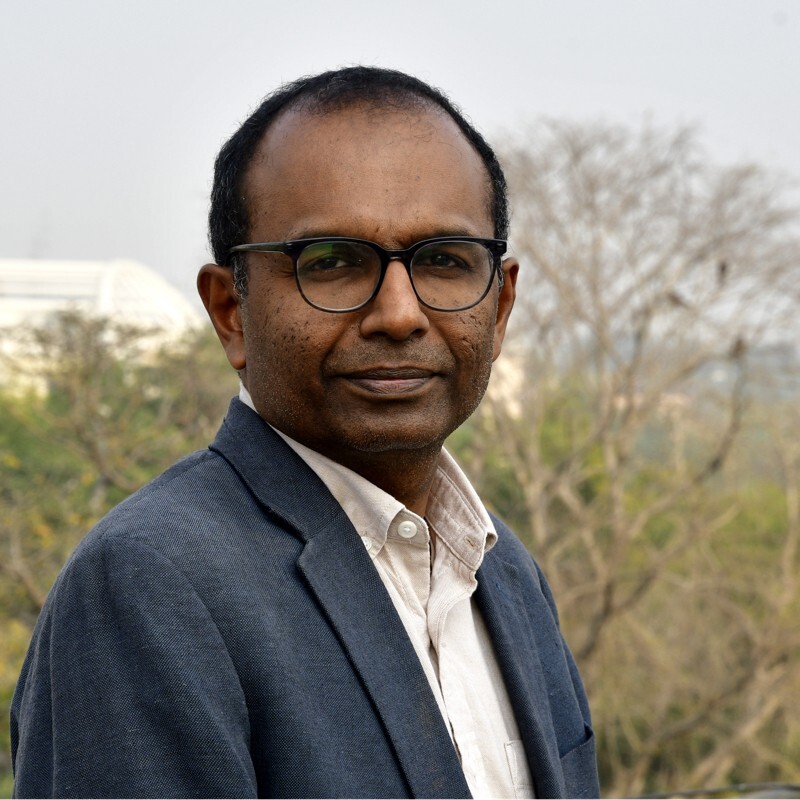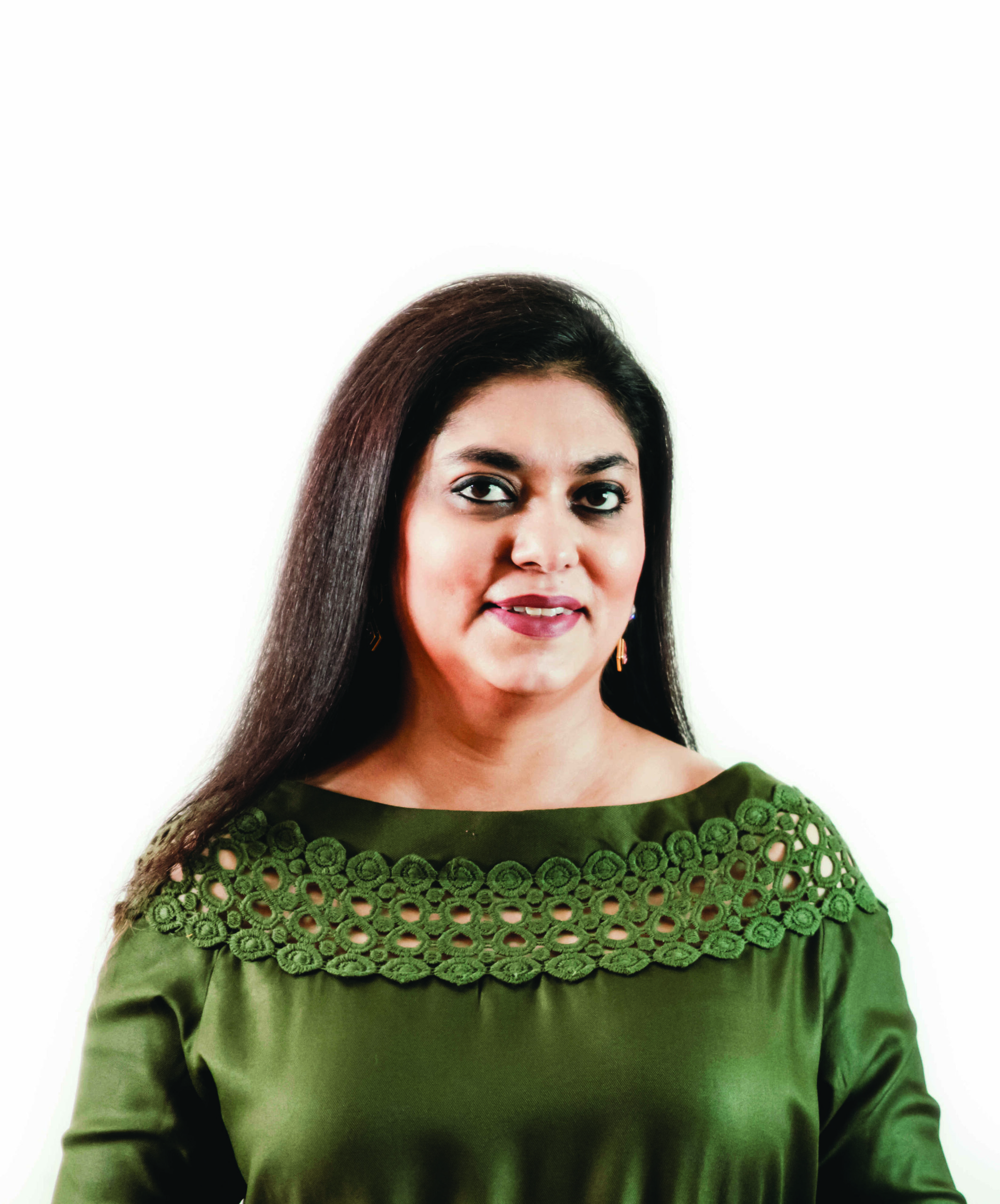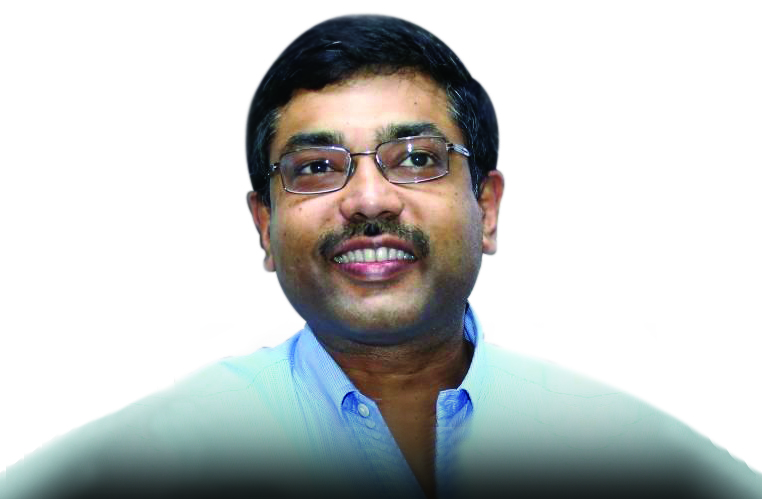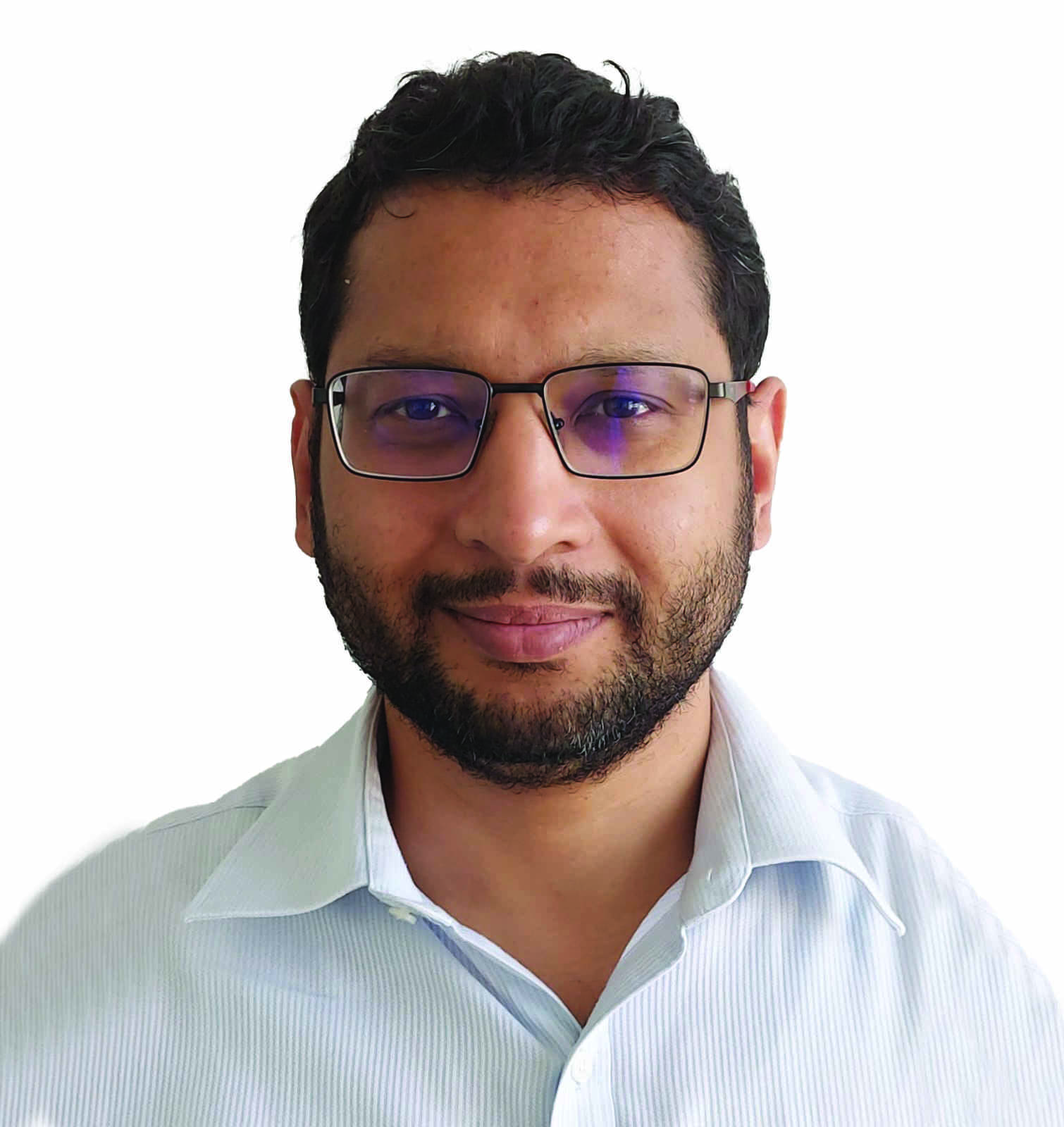
Programme Schedule 2023
Session 1 - India's place in the world
Setting the Stage
Thursday, 26 October 2023 (1000 – 1100 Hrs)
India’s role in the world is rapidly evolving in the current environment, characterised by globalisation and complex interconnections. India’s remarkable economic potential, diverse and young population, and burgeoning technological landscape offer it a rare opportunity to shape the global economic narrative. This will require identifying avenues for collaboration, innovation, and responsible engagement between all parties
How can various stakeholders—CEOs, entrepreneurs & social entrepreneurs, and philanthropists work together to leverage India's dynamic market and innovation ecosystem to drive growth and innovation on a global scale? What role can India play in advancing collaboration on critical issues such as climate change, trade, and security?
T.S. Vishwanath
Director General, Past President and Founding Member, PAFI
Principal Adviser
ASL – Legal
Javed Sayed
Chief Content & Strategy Officer
Moneycontrol
Aniket Doegar
Co-Founder & CEO
Haqdarshak
Ashish Dhawan
Founder & CEO
The Convergence Foundation
Irina Ghose
Managing Director
Microsoft India
Karthik Jayaraman
Co-Founder
WayCool Foods
Vivek Vasishtha
Vice President, PAFI
OPPO Mobiles Group
Session 2
Securing India’s Road to Growth
Thursday, 26 October 2023 (1105 – 1155 Hrs)
As India battles global headwinds to advance as a global economy, it is necessary to foster security, stability, and peace so that citizens can benefit from shared prosperity. In the current age, threats come in different forms and from various directions—from geopolitical competition and cybersecurity concerns to the need to secure critical infrastructure and a conducive global environment. Partnerships such as the Indo-Pacific Economic Framework for Prosperity, and the U.S.-India initiative on Critical and Emerging Technology are aimed at preparing India for such challenges of the future.
How must India prepare to face global and local challenges as we move towards emerging as the third-largest economy?
Vinita Sethi
President, PAFI
SVP & Chief Public Affairs
Apollo Hospitals Group
Rahul Sharma
Forum Co-Chairman, Past President
& Founding Member, PAFI
Managing Director
APCO Worldwide, India
Raj Chengappa
Group Editorial Director
India Today Group
AK Bhattacharya
Editorial Director
Business Standard
Vaishali Chopra
Head, Public Affairs and Communication India
Yara International
Session 3
Leading the Global Pursuit for Energy Security
Thursday, 26 October 2023 (1200 - 1250 Hrs)
Maximising growth in Amrit Kaal requires policy frameworks to address two critical factors—urbanisation and energy security. The Global Biofuel Alliance launched at the G20 Summit in New Delhi is an opportunity for Bharat to lead the pursuit of sustainable energy solutions. At the same time, India’s cities will need innovative urban planning and financing models. Policies and programmes that reflect the complexities and pluralities inherent in these crucial issues can foster greater opportunities and shape India's economic landscape.
How must private and public stakeholders work together to ensure economic development along with environmental sustainability? What key steps must be taken to smoothen the various stages from financing, producing, transitioning, adopting and sustaining the shift toward biofuels?
Deepshikha Dharmaraj
Vice President, PAFI
Chief Executive Officer
BCW India Group
Navika Kumar
Group Editor
Times Network
Editor-In-Chief
Times Now Navbharat
Hardeep Singh Puri
Minister of Petroleum & Natural Gas
Minister of Housing and Urban Affairs
Government of India
Ambassador (ret.) Atul Keshap
President, US-India Business Council
President, US-Bangladesh Business Counci
Senior Vice President – South Asia
US Chamber of Commerce
Raman Sidhu
Past President & Founding Member, PAFI
Chairman
EBG Federation, India
Ratika Jain
Lead, Strategy & Corporate Relations, India
Rio Tinto
Session 4
Prosperity through Diversity and Inclusion
Thursday, 26 October 2023 (1345 – 1445 Hrs)
As the most populous country, India is forecast to add 97 million people to its working population over the next decade. With a relatively young population, India not only has a competitive advantage in the workforce but also an opportunity to unleash the consumption power of a young population. However, India’s female labour participation rate of 23 percent is less than half of the global average of 47 percent. Only 14.4 percent of members in the current Lok Sabha are women, while only 14 percent of Secretaries in the IAS in 2022 were women. In these circumstances, diversity and inclusion is a necessary precondition for India to emerge as the world's third-largest economy by 2030. The landmark bill reserving one-third of all seats for women in the Lok Sabha and the state legislative assemblies is the first step in a long process to ensure more women in the decision-making process.
How will the women’s reservation bill play out? What are the timelines? What implications does it have for political parties?
Medha Girotra
Treasurer, PAFI
Vice President - Communications, Asia Pacific
Mastercard
Priya Sahgal
Senior Executive Editor
NewsX
Smriti Zubin Irani
Minister of Women & Child Development
Minister of Minority Affairs
Government of India
Chandrajit Banerjee
Director General
Confederation of Indian Industry
Vinita Sethi
President, PAFI
SVP & Chief Public Affairs
Apollo Hospitals Group
Rakesh Dubey
Director, Global Government Affairs
The Carlyle Group
Session 5
Panel
Empowering the Gig Economy
Thursday, 26 October 2023 (1500 – 1550 Hrs)
As India progresses to become the third largest economy, it has benefited from a large and eager workforce and enabling conditions. Technological innovations and expertise in digital infrastructures have highlighted the role that the gig economy can play in this growth. The NITI Aayog believes that given a conducive environment, India can have over 23 million gig workers by 2030, up from 8 million at present.
What would a conducive environment for the gig economy entail? How can different stakeholders, from the state and central governments to aggregator companies, work together to make gig working attractive to a larger number of people?
Major Ranjeet Goswami, Retd.
Managing Committee Member, PAFI
Global Head, Corporate Affairs
TATA Consultancy Services Ltd
Rohit Saran
Editor-in-Chief
India Today Group
Arti Ahuja
Secretary
Ministry of Labour & Employment
Government of India
Dr. Dhanya M.B.
Fellow
V.V. Giri National Labour Institute
Ministry of Labour and Employment
Government of India
Mariko Ouchi
Senior Social Protection Specialist for South Asia,
Decent Work Technical Support Team
International Labour Organization
Sanjay Chadha
Director—Public Policy India & South Asia
UBER
Arijit Das
Head, Public Policy & Government Affairs, India
inDrive
Session 6
Balancing Sustainability with High Growth
Thursday, 26 October 2023 (1555 – 1700 Hrs)
As the Indian economy prepares to emerge as the third-largest in the world, the focus is on ensuring sustainable development that leaves no one behind. The G20 New Delhi Leaders’ Declaration emphasises the need for ‘Accelerating Progress on Sustainable Development Goals (SDGs)’. Steps that enable high growth must go hand-in-hand with the formation of practices for sustainable businesses, markets and economies. The 2030 action plan for the G20 focuses on harnessing data and digital technologies for development, investing in gender equality, eliminating hunger and malnutrition, food and energy insecurity, and delivering quality education.
What role can administrators and senior officials play in taking forward the agenda for sustainable development that leaves no one behind? How can Bharat continue to lead beyond G20 for the world to meet SDG goals?
Devashish Dasgupta
Managing Committee Member, PAFI
Head – Government & Corporate Affairs
Hindustan Unilever Limited
Ishteyaque Amjad
Forum Co-Chairman and Past President PAFI
Managing Director, Policy & Government Affairs
Abbott Healthcare Pvt Ltd.
Apurva Chandra
Secretary
Ministry of Information & Broadcasting
Government of India
Srinivas R Katikithala
Secretary
Ministry of Minority Affairs
Government of India
Rohit Kumar Singh
Secretary
Ministry of Consumer Affairs, Food and Public
Distribution
Government of India
Rohan Mishra
Director - Government Relations and Public Affairs
Coca Cola India
Session 7
The Road from G20
Thursday, 26 October 2023 (1700 – 1800 Hrs)
The year at the helm of G20, right up to a hard-won consensus on the leaders’ declaration, has been an opportunity to showcase Bharat’s leadership capabilities. India has developed trusted relationships with partners worldwide on crucial issues—agriculture, climate sustainability, inclusive finance, and the digital economy through this period. The values of equality, inclusivity, harmony, and service have underlined the efforts leading up to this moment.
What issues and ideas must India focus on to build on the successes of the G20? How can India best sustain and accelerate the current positive momentum?
Ram Rakkappan
Managing Committee Member, PAFI
Vice President & Head of Government Engagement
India & South Asia, Visa Inc.
Shivnath Thukral
Managing Committee Member, PAFI
Director and Head Public Policy
Meta India
Amitabh Kant
Sherpa G-20
Government of India
Prema Sagar
Founding President & Co-Founder, PAFI
Chairperson
BCW India Group
Ajay Khanna
Forum Chairman & Co-Founder, PAFI
Group Strategic Advisor
Jubilant Bhartia Group
Virat Bhatia
Forum Co-Chairman and Immediate-Past President
PAFI
Dr. K.C. Ravi
Past President & Co-Founder, PAFI
Chief Sustainability Officer
Syngenta India Limited
Session 8
Web 3: The India opportunity
Thursday, 26 October 2023 (1815 – 1915 Hrs)
The digital economy is projected to be a 1.1 trillion economy in India by 2030. The size of the Web 3 economy could be as high as eight percent of GDP by 2035. India has been leading the efforts to develop a global regulatory framework. Indian entrepreneurs are creating world-class organisations.
What will it take for India to be a leader in this space?
Subho Ray
Forum Co-Chairman and Past President PAFI
President, Internet and Mobile Association of India
Dilip Chenoy
Chairman
Bharat Web3 Association
Kiran Mysore Vivekananda
Head Public Policy
CoinDCX
Pranay Agrawala
Partner
PANDA Law
Preetam Rao
Founder
Quill Audits
Rajeev Batra
Past President & Founding Member, PAFI
Former Group Head, Corporate Affairs
Hindustan Unilever Limited
Subho Ray
Forum Co-Chairman and Past President PAFI
President, Internet and Mobile Association of India
Session 9
Deep Tech, AI, and the Emerging Policy Landscape
Friday, 27 October 2023 (1000 – 1100 Hrs)
For India to become the third-largest economy by 2030, technological innovations will need to play a pivotal role. This transformation is already being spearheaded by deep tech and AI, and both startups and established industry leaders are driving the development of AI applications and generative AI. These are revolutionising healthcare and education, enabling local language service delivery, driving cutting-edge research and development in industries such as semiconductor fabrication, shaping manufacturing processes, and transforming the e-commerce landscape. The integration of AI into daily lives presents a complex set of opportunities and challenges. These include ethical, legal, and societal questions that need thoughtful consideration, guided by a robust policy framework.
How can deep tech and AI transform the emerging technological landscape and affect the lives of people in India? What are the policy challenges as AI-enabled tools become an increasing part of everyday life? How can startups and legacy players approach the policy landscape to make the most of India’s capabilities in the field?
Harish Krishnan
Past President & Co-Founder, PAFI
Managing Director, Public Affairs & Strategic Engagements
Cisco India & SAARC
Sukumar Ranganathan
Editor-In-Chief
Hindustan Times
Abhishek Singh
Managing Director & CEO, DIC & NeGD
Ministry of Electronics & Information Technology
Government of India
Sandeep Aurora
Director – Government Affairs and Public Policy,
Microsoft
Suvrat Bhooshan
Founder and CEO
Gan.ai
Himar Arjun Singh
Managing Committee Member, PAFI
Chief of Public Policy & Corporate Communications
Bharti Enterprises
Session 10
Building Resilience at a Time of Geopolitical Challenges
Friday, 27 October 2023 (1115 – 1215 Hrs)
In the face of emerging global changes, from the unrest in the Middle East to increasing complexities in the U.S.-China relationship, countries are looking to safeguard their interests by partnering with like-minded countries. Through plurilateral arrangements like the Quadrilateral Security Dialogue, and the Indo-Pacific Economic Framework, countries are looking to try out strategies of ‘de-risking,’ if not ‘de-coupling.’
How can India build resilience at a time of global churn? What kind of policy interventions will assist India in improving agility and building partnerships?
Chetan Krishnaswamy
Secretary, PAFI
Vice President, India Public Policy
Amazon India
Deep Pal
Director, PAFI
Nayanima Basu
Editor, Foreign Affairs, Strategy and National Security
ABP Network
Pranab Dhal Samanta
Executive Editor
Economic Times
T.S. Vishwanath
Director General, Past President and Founding Member, PAFI
Principal Adviser
ASL – Legal
Varghese K. George
Resident Editor, Delhi
The Hindu
Deep Pal
Director, PAFI
Session 11
An Atmanirbhar Bharat to Lead Global Growth
Friday, 27 October 2023 (1230 – 1330 Hrs)
The conclusion of the G20 has brought commitments from members on sustainable and inclusive growth, inclusive international trade, addressing climate change and finance, improving MSME access, reforms of multilateral organisations, and investments in the digital economy. The transformational capacity of these commitments, however, will depend on implementation.
What policies are needed to follow up on the G20 vision to translate into an inclusive action across sectors? What are the headwinds, and what role can different stakeholders play in realising the collective aspiration of India’s prosperity?
Vinita Sethi
President, PAFI
SVP & Chief Public Affairs
Apollo Hospitals Group
Shweta Rajpal Kohli
Managing Committee Member, PAFI
Chief Public Policy Officer
Peak XV Partners
Sanjay Verma
Secretary (West)
Ministry of External Affairs
Government of India
S Krishnan
Secretary
Ministry of Electronics & Information Technology
Government of India
Virat Bhatia
Forum Co-Chairman and Immediate-Past President
PAFI
Koustuv Kakati
Head Regulatory Affairs
Tata Steel Limited


